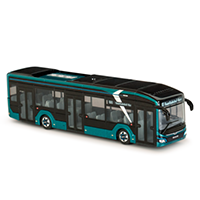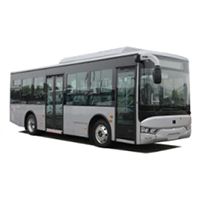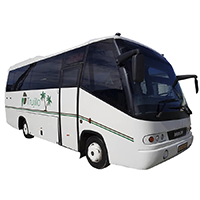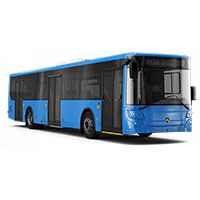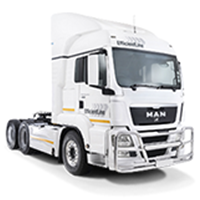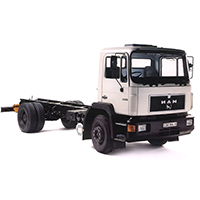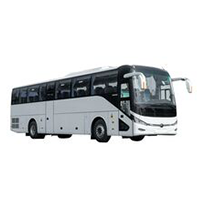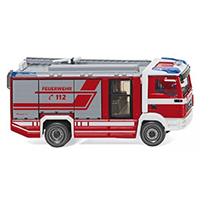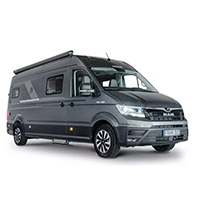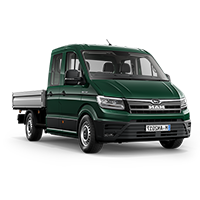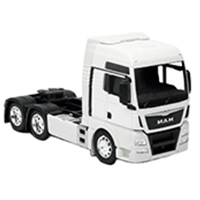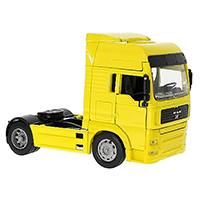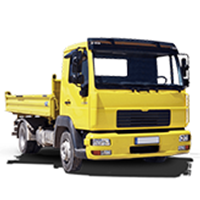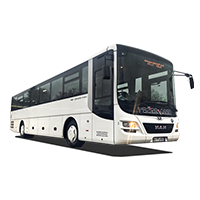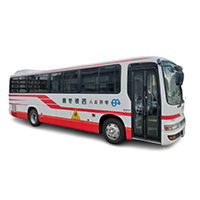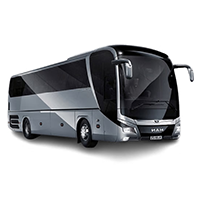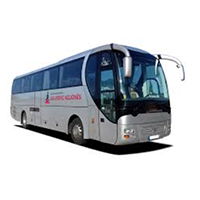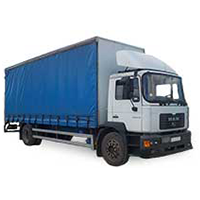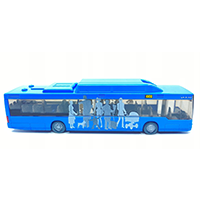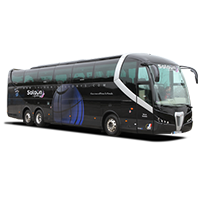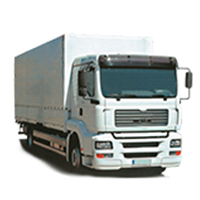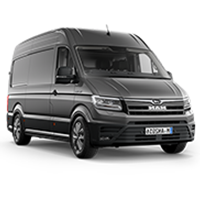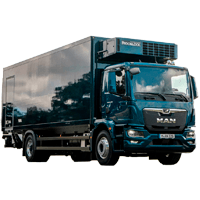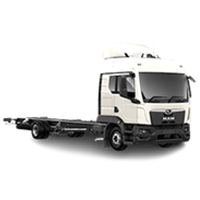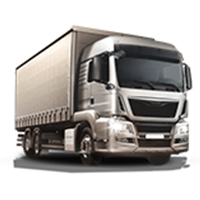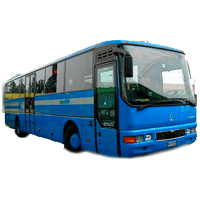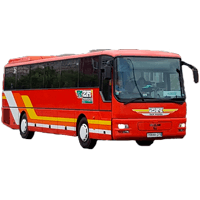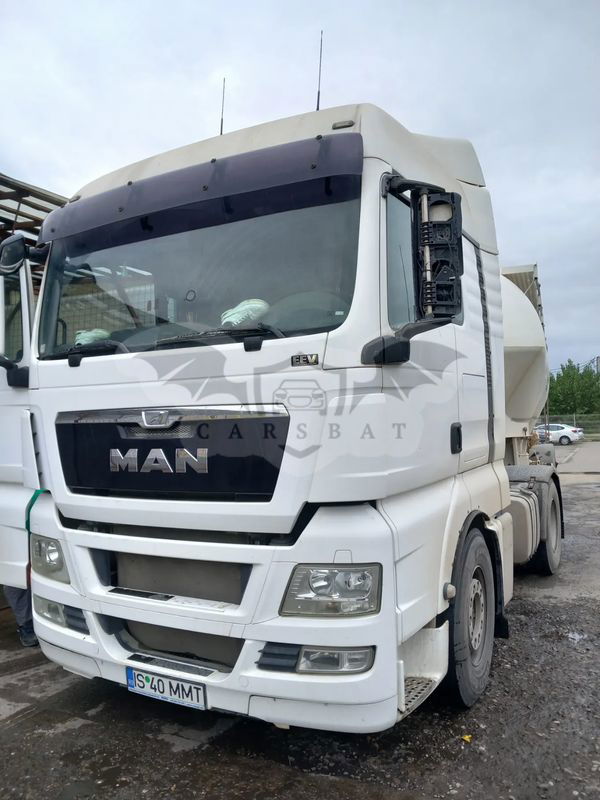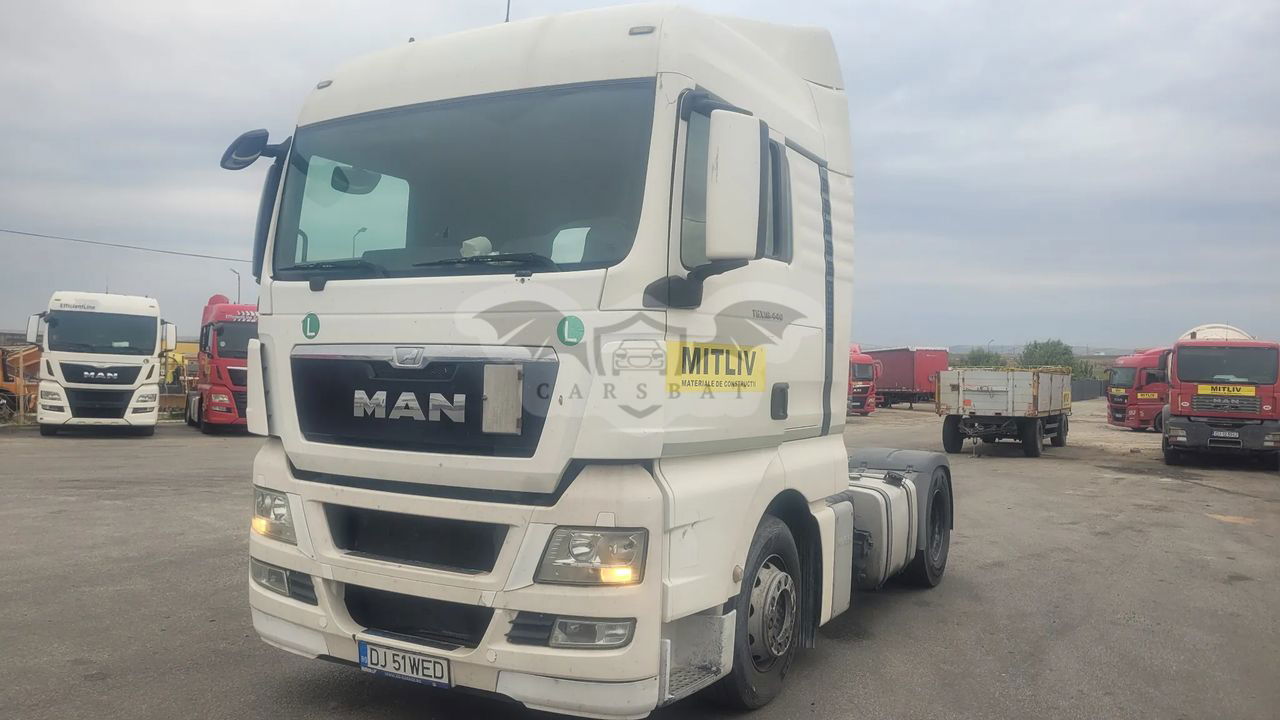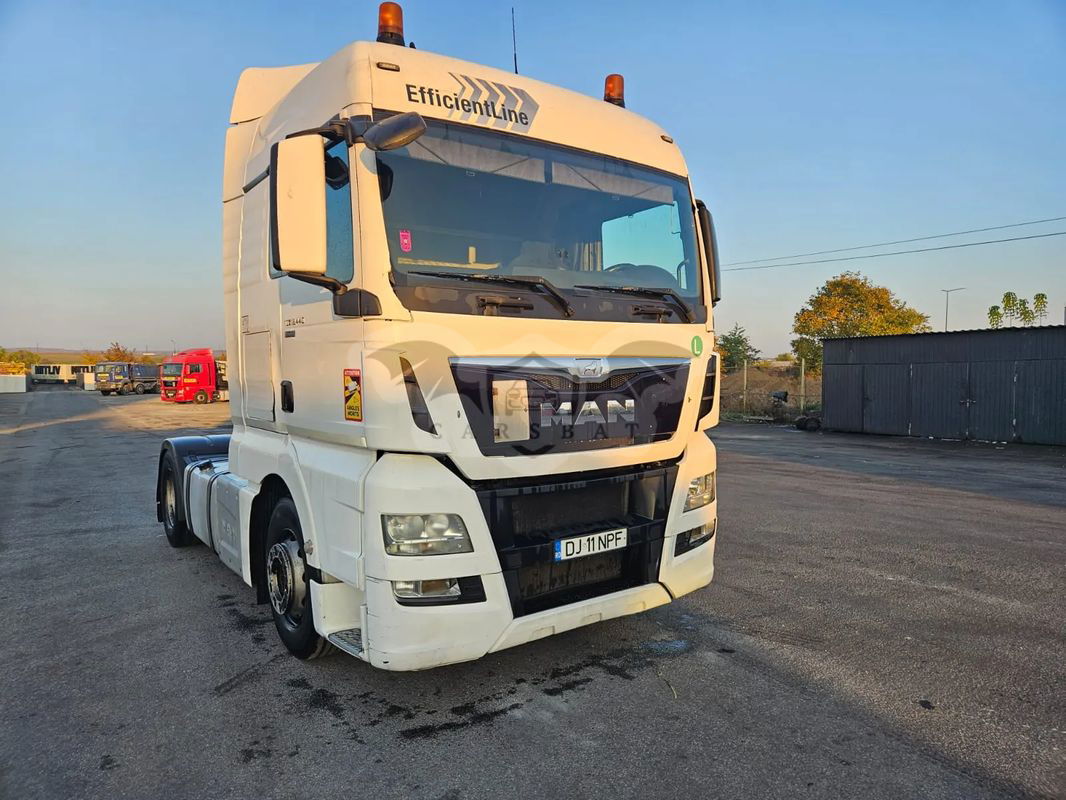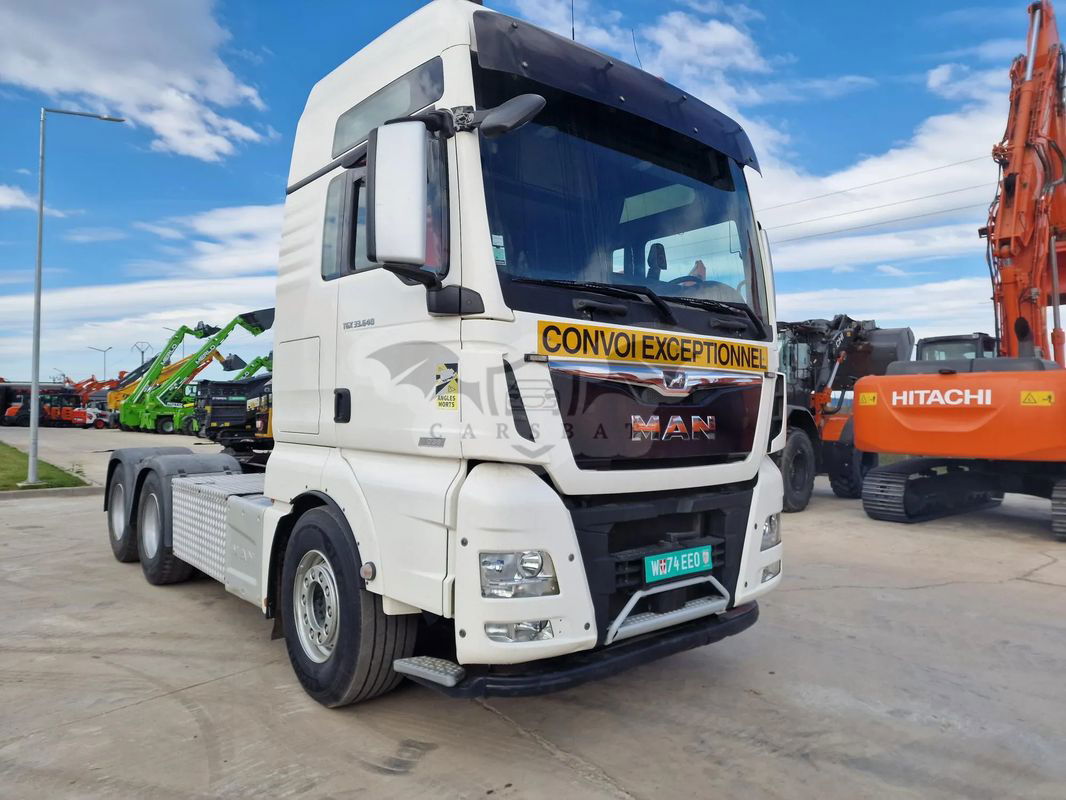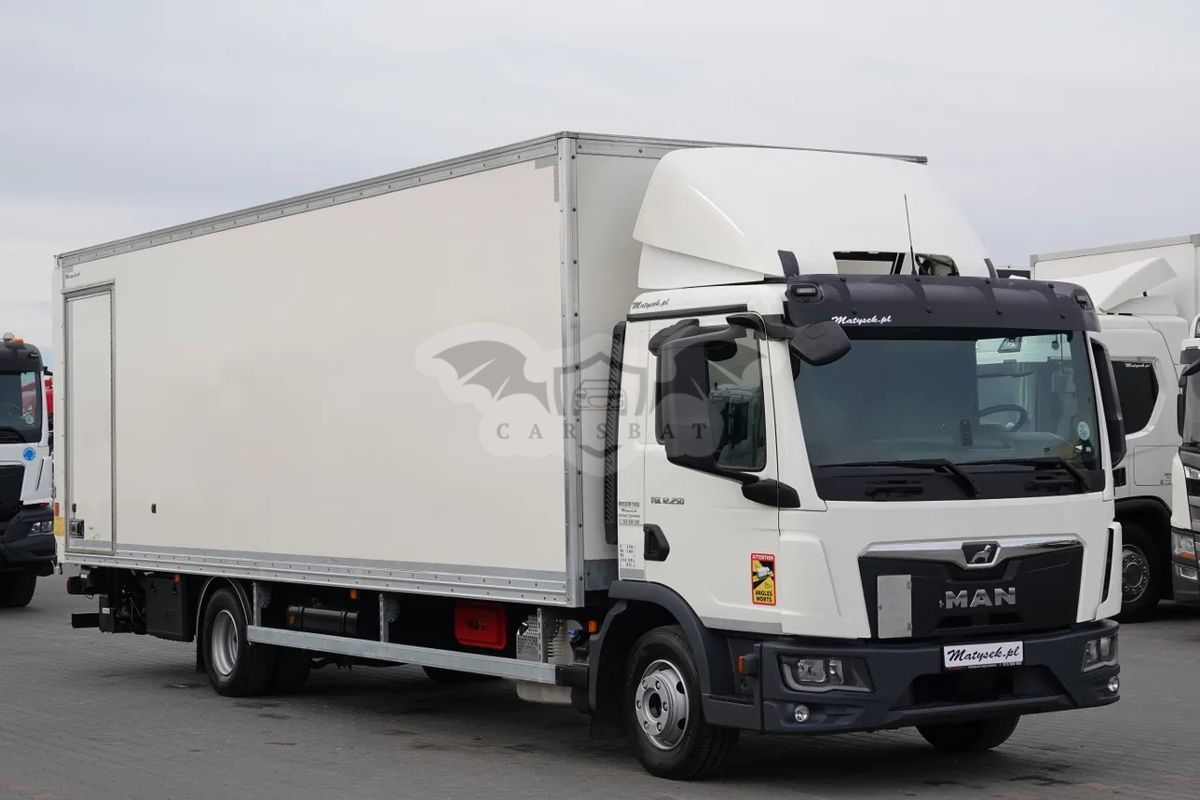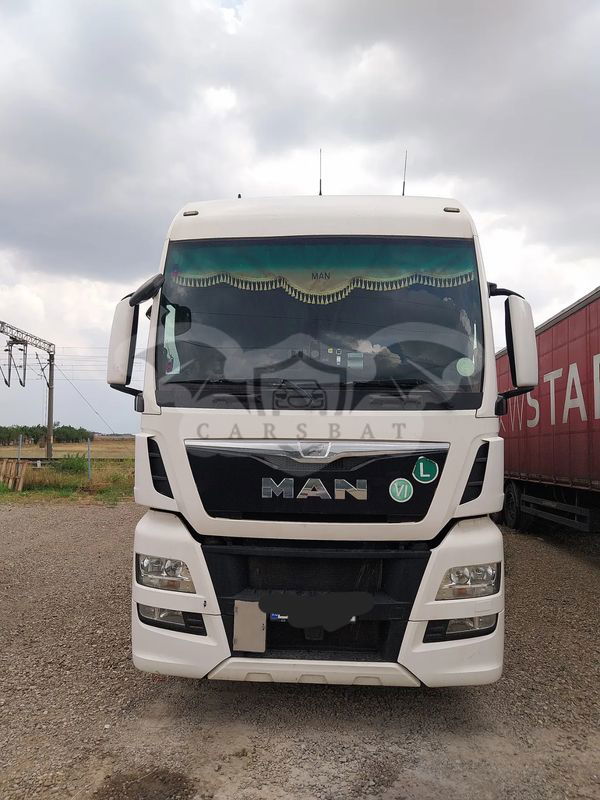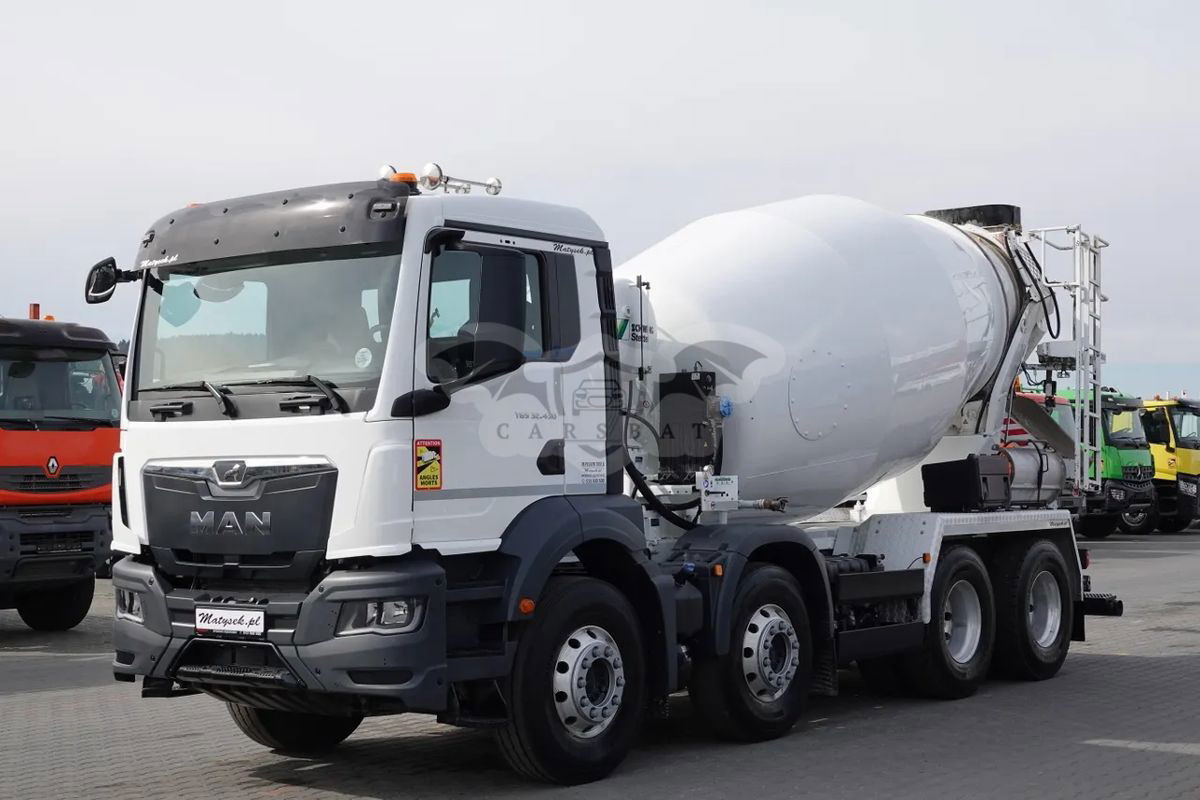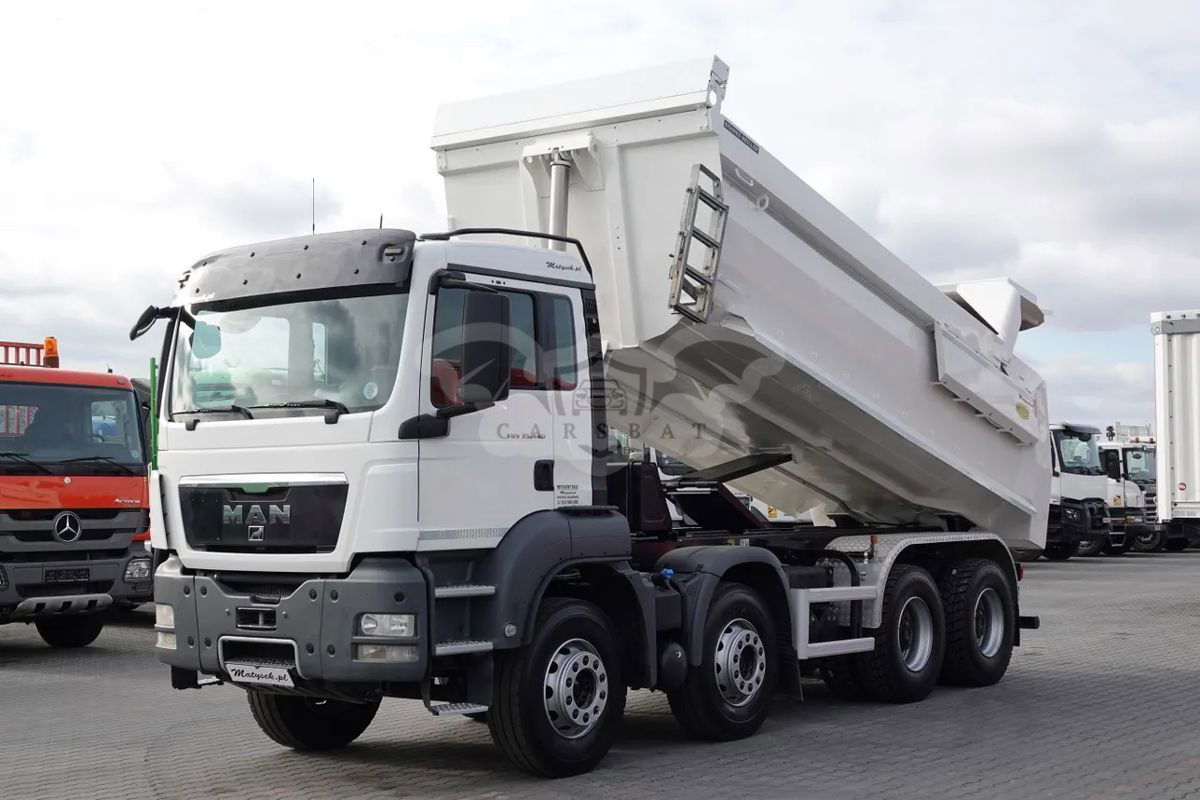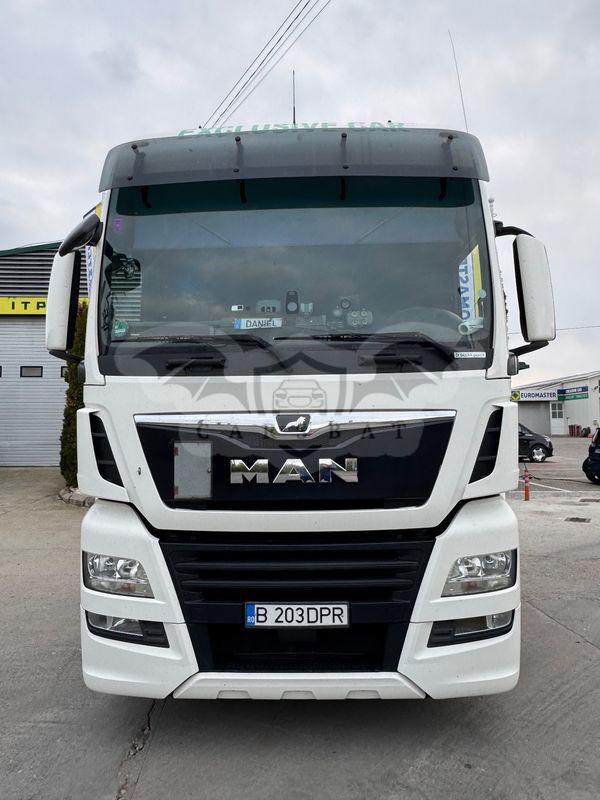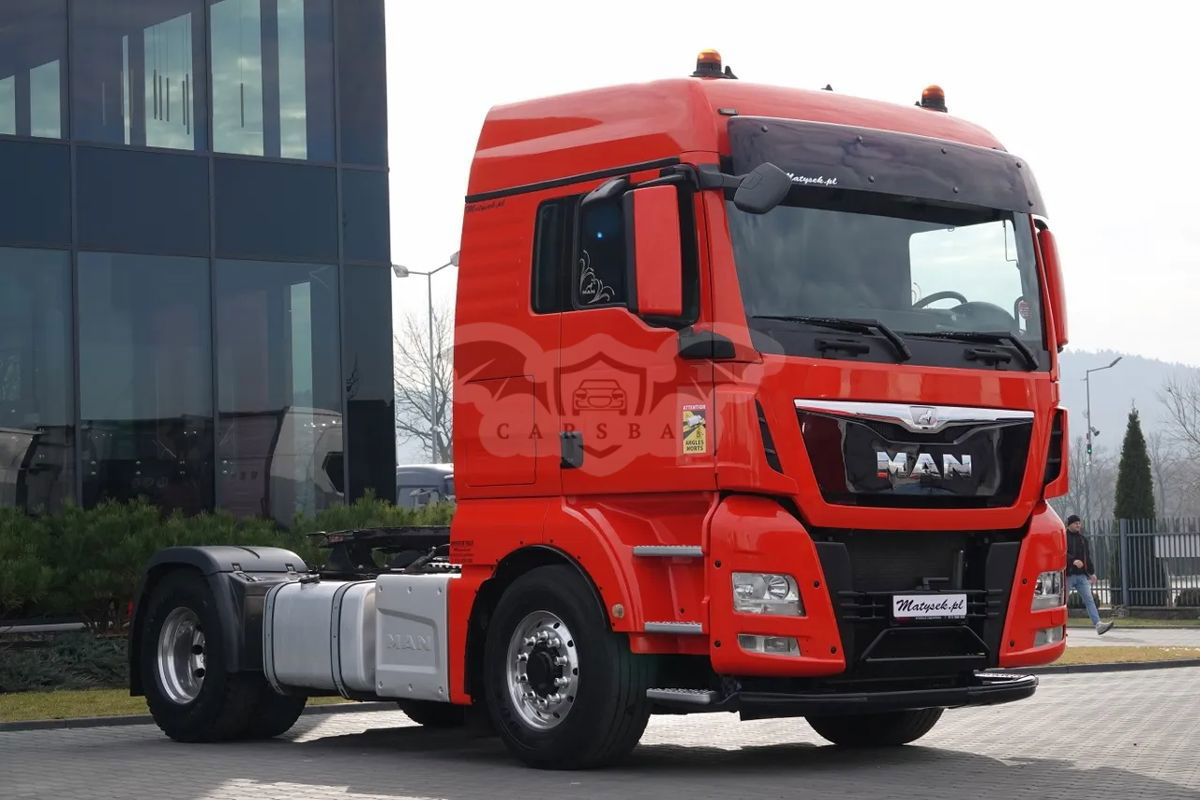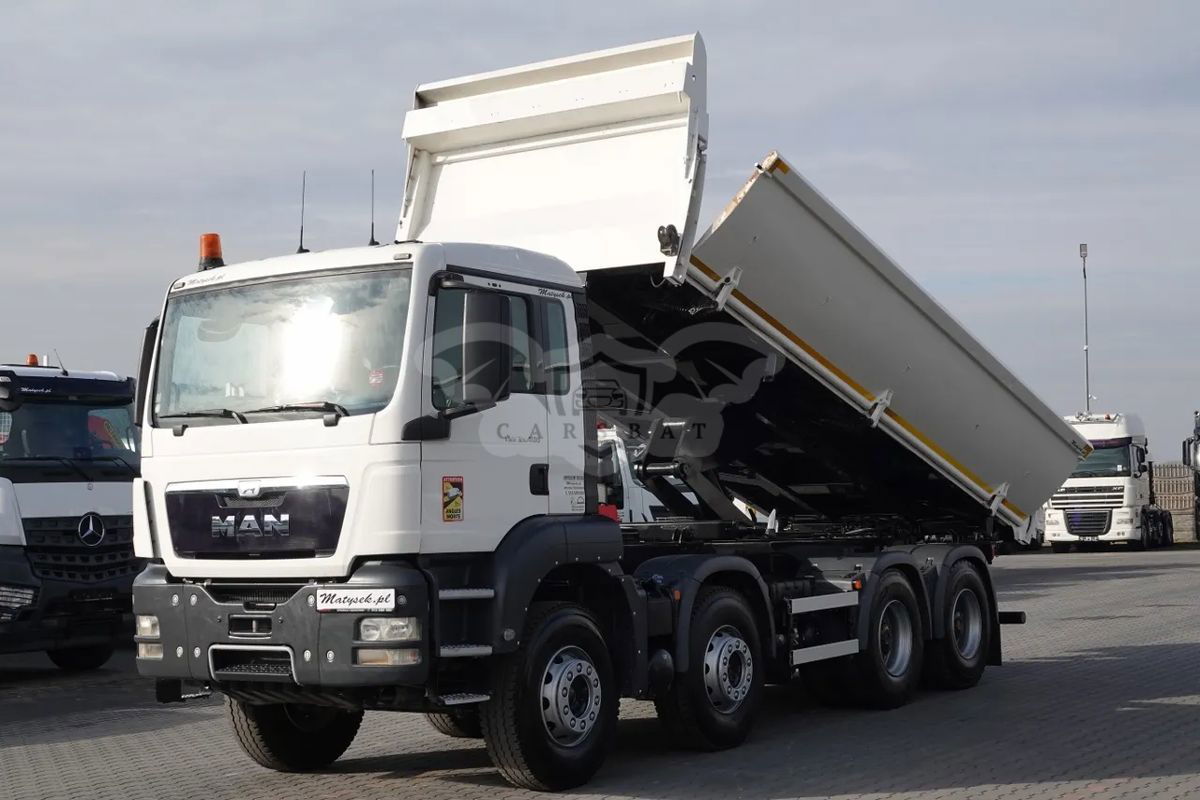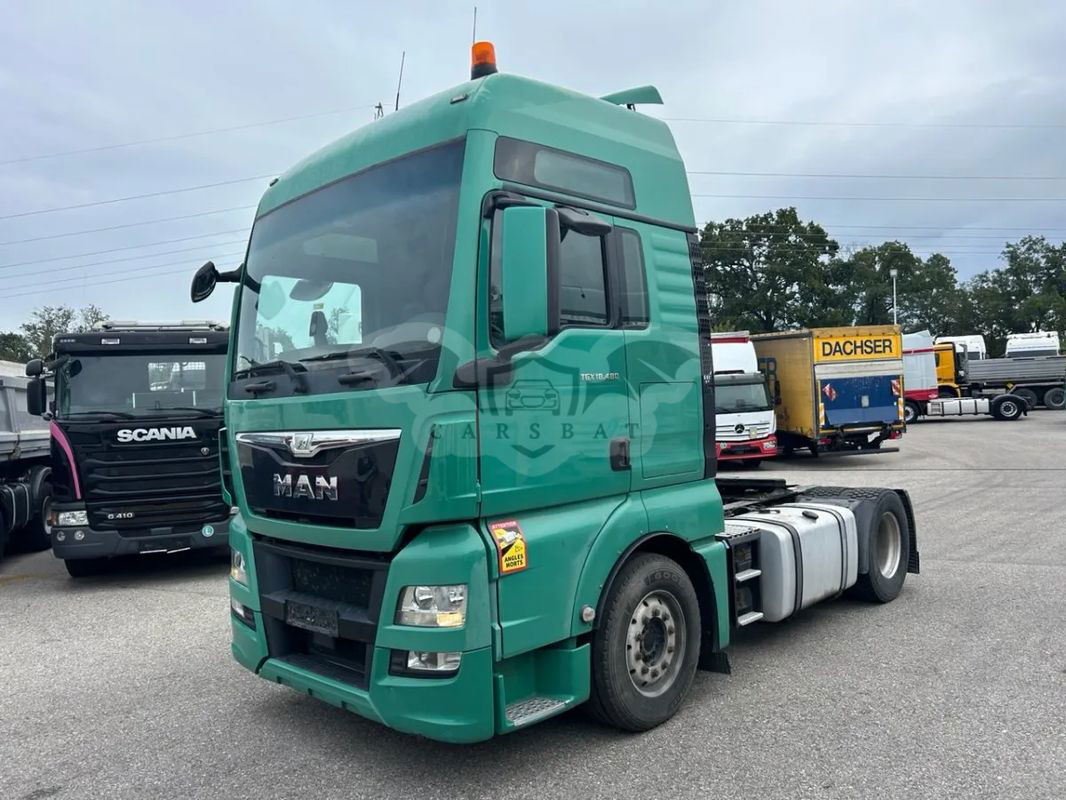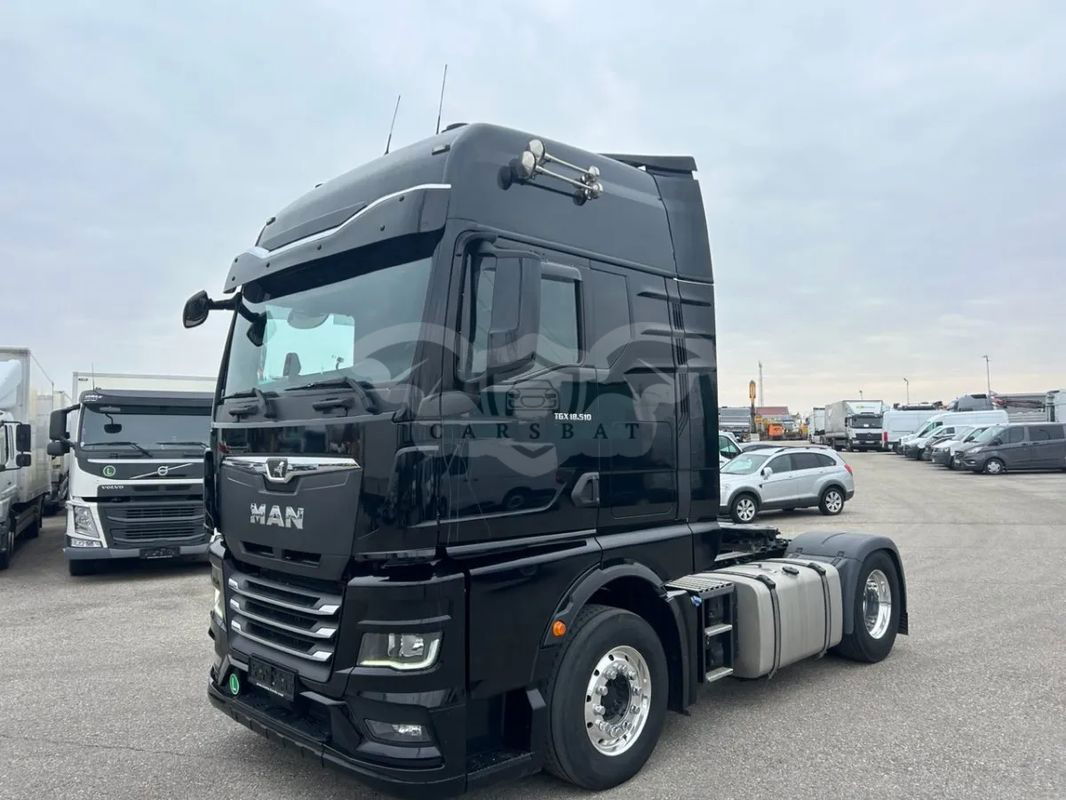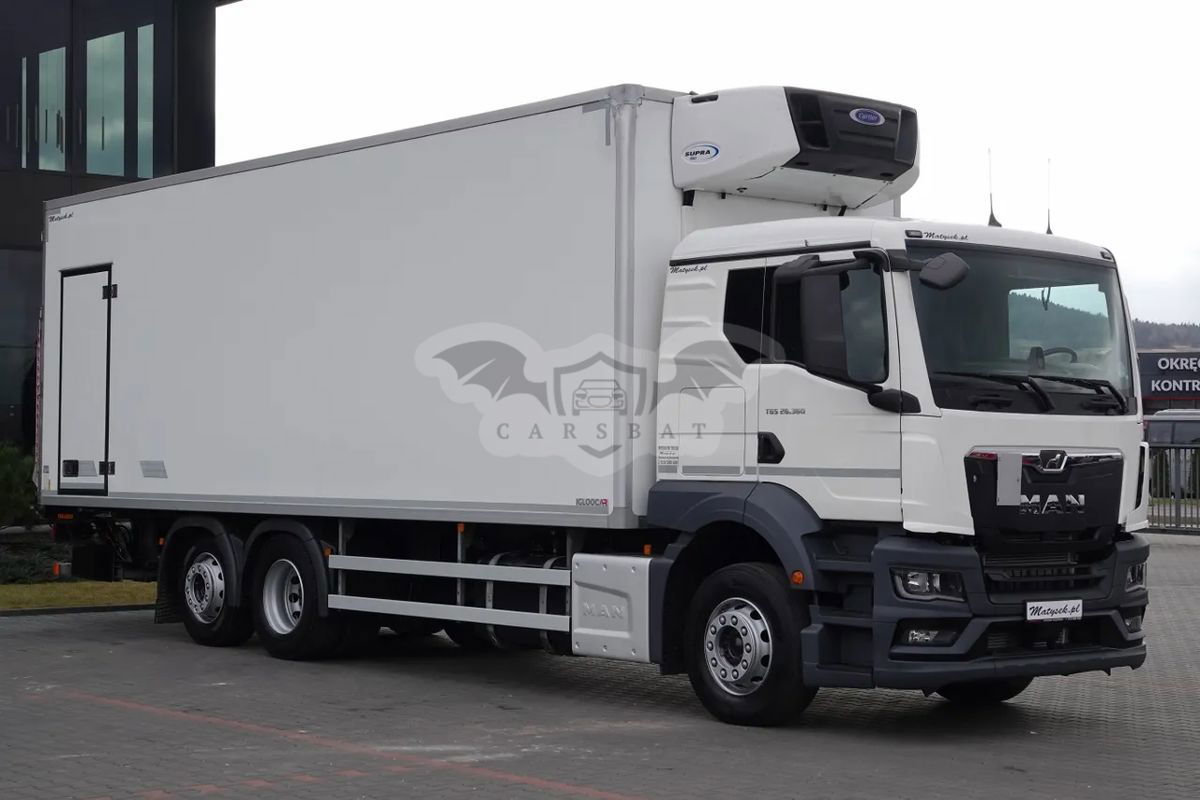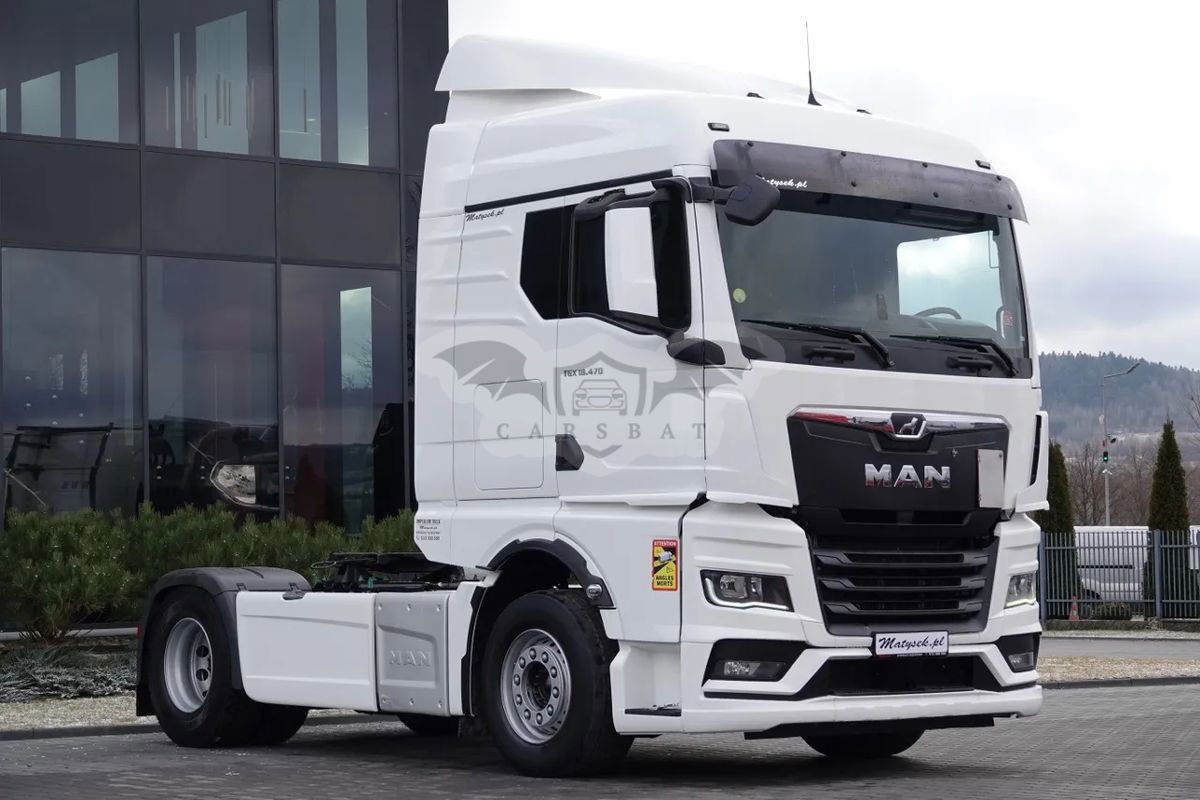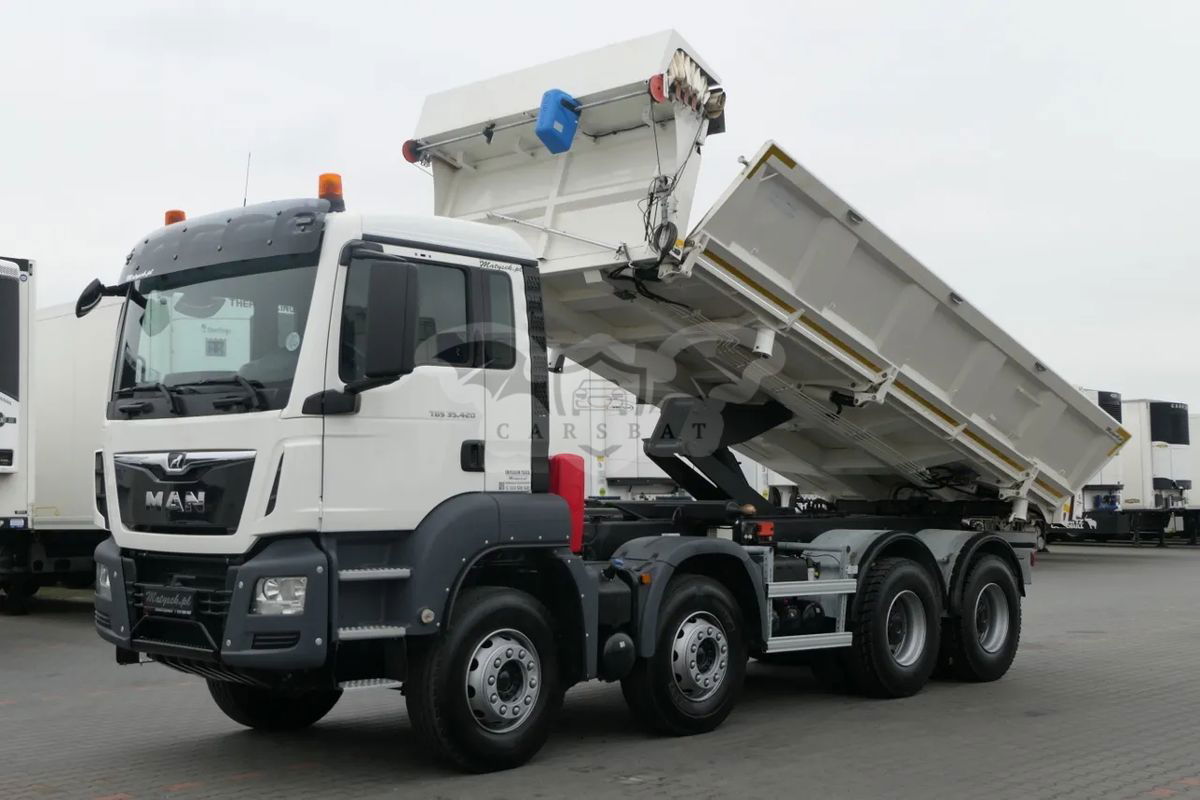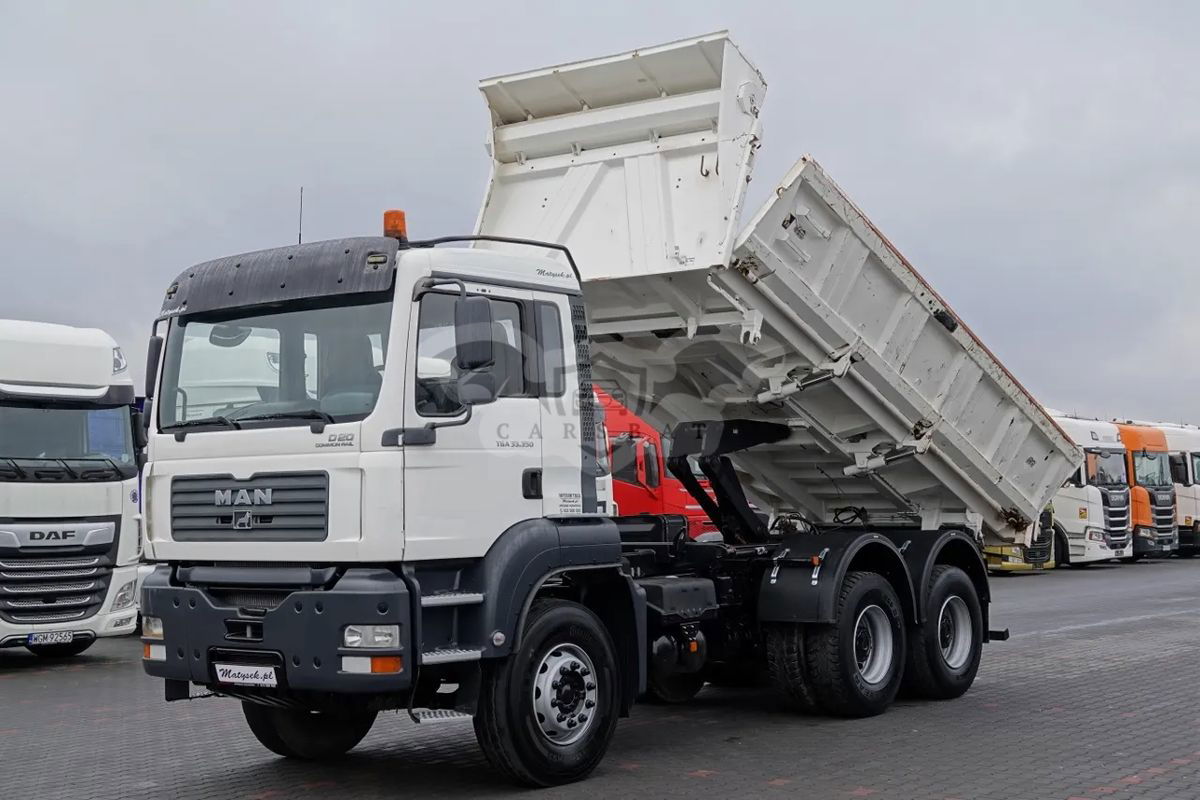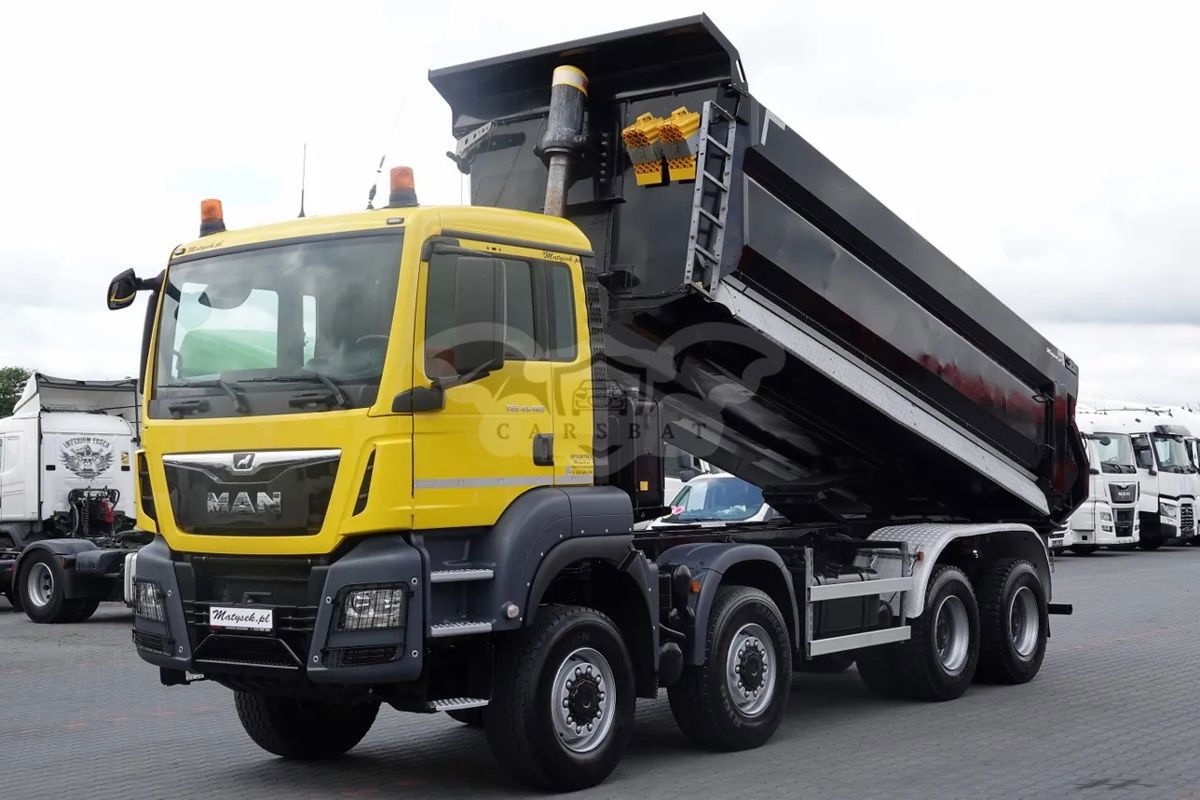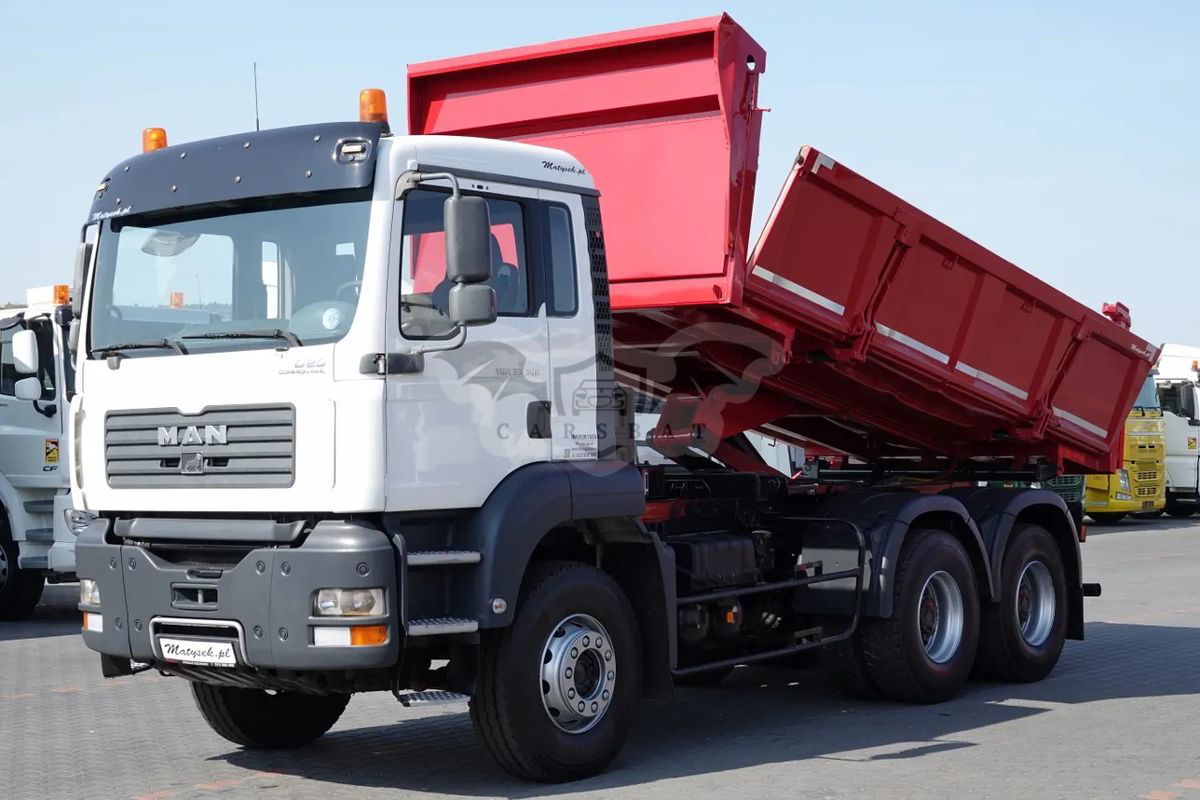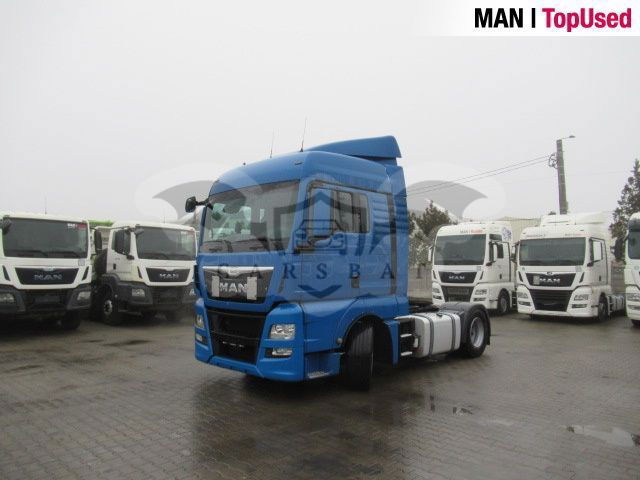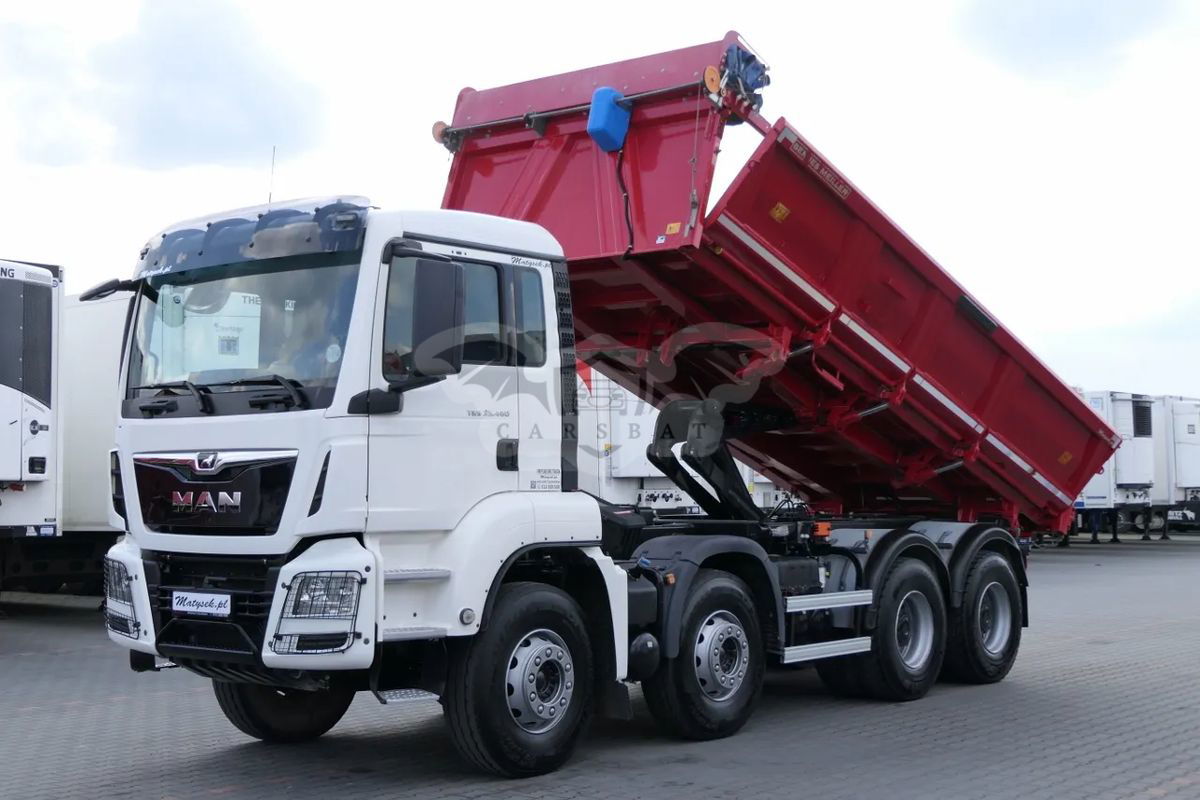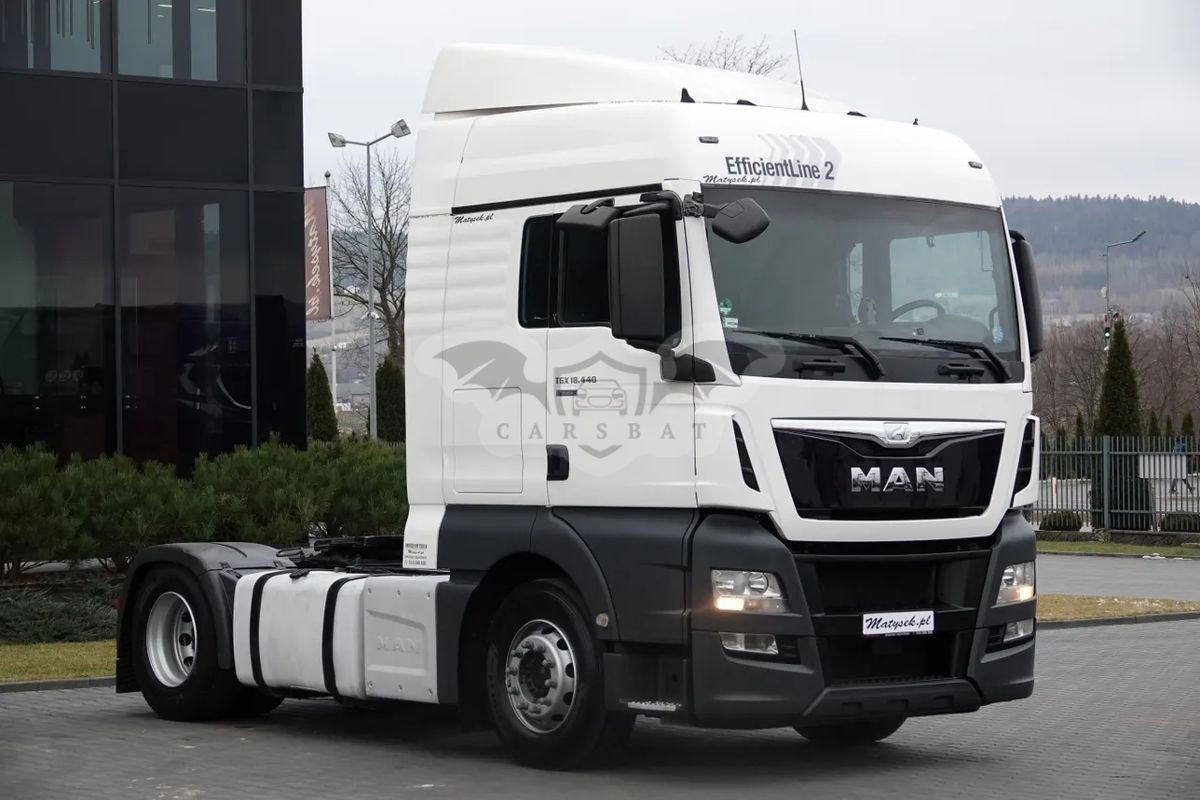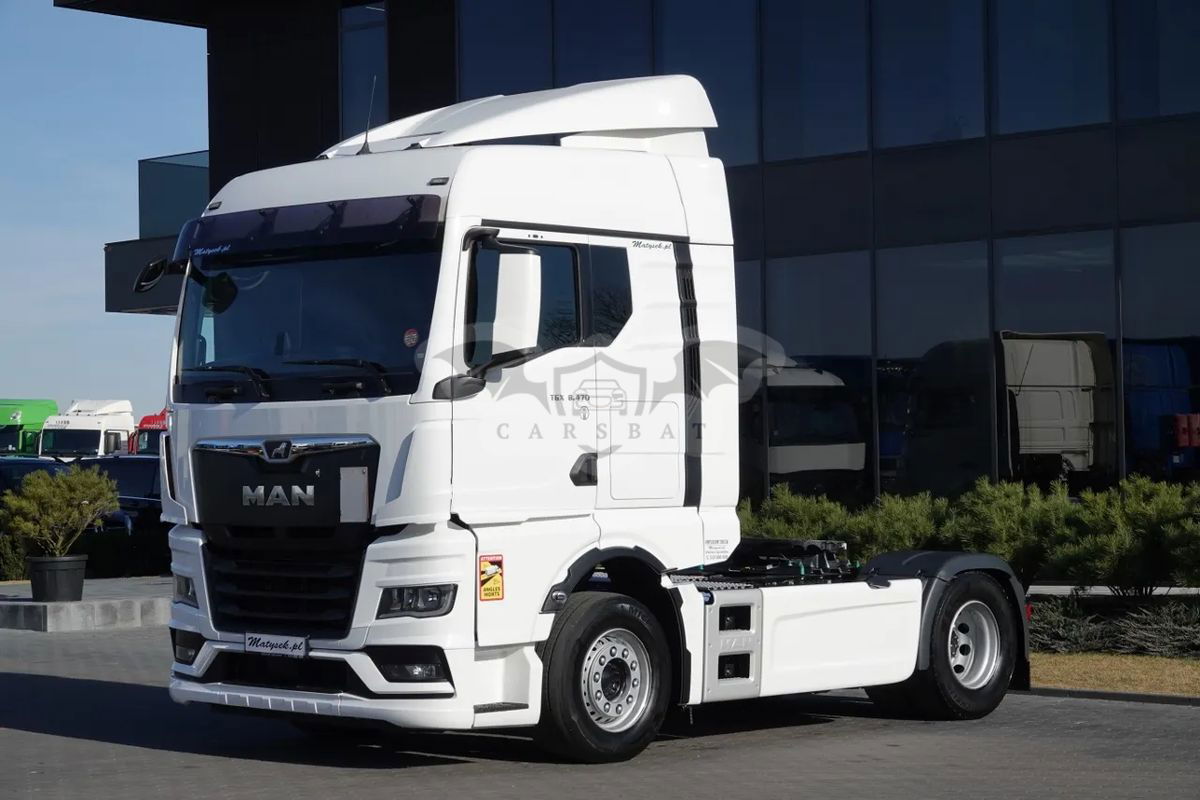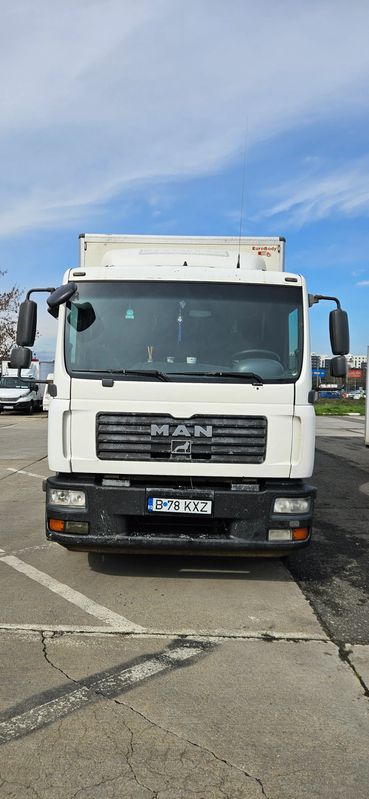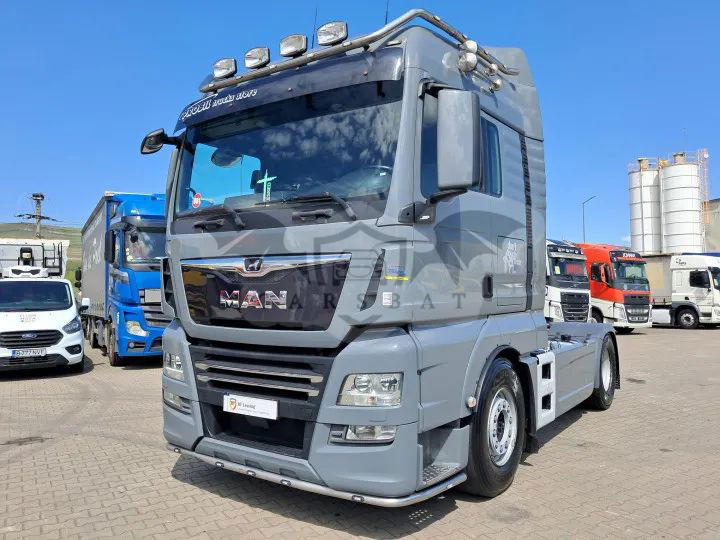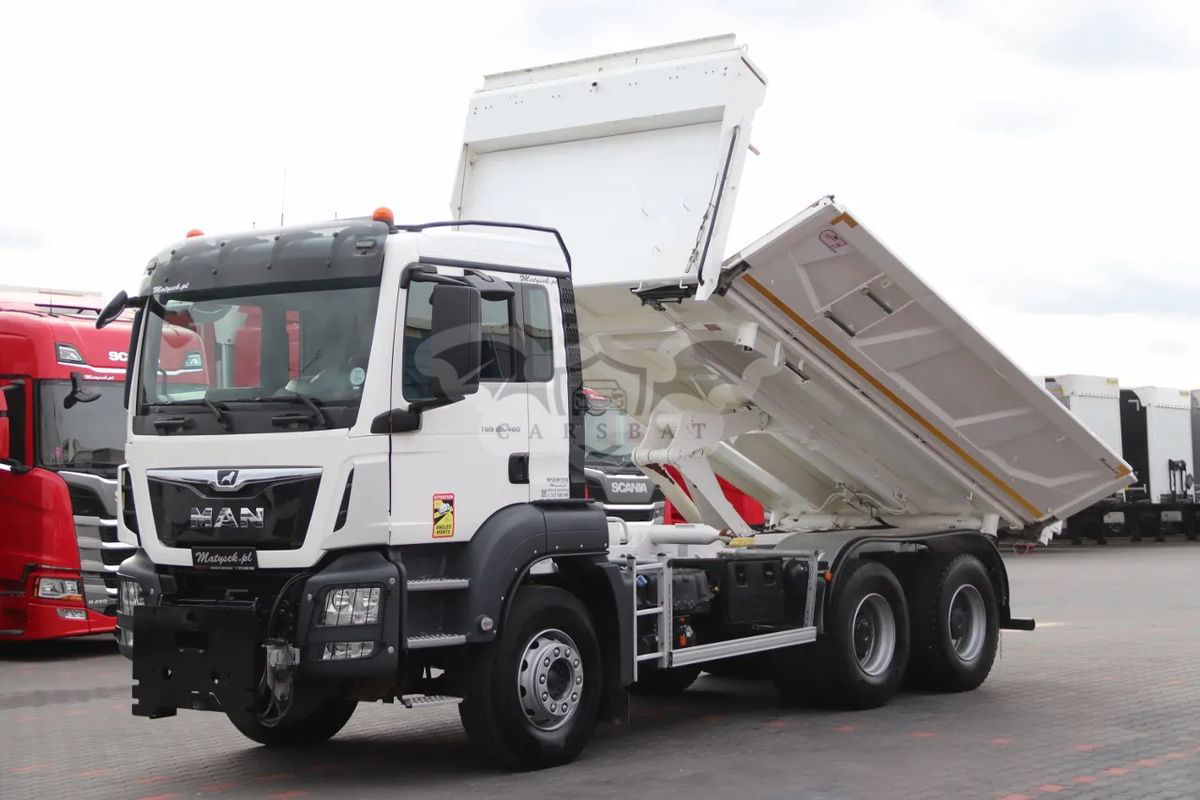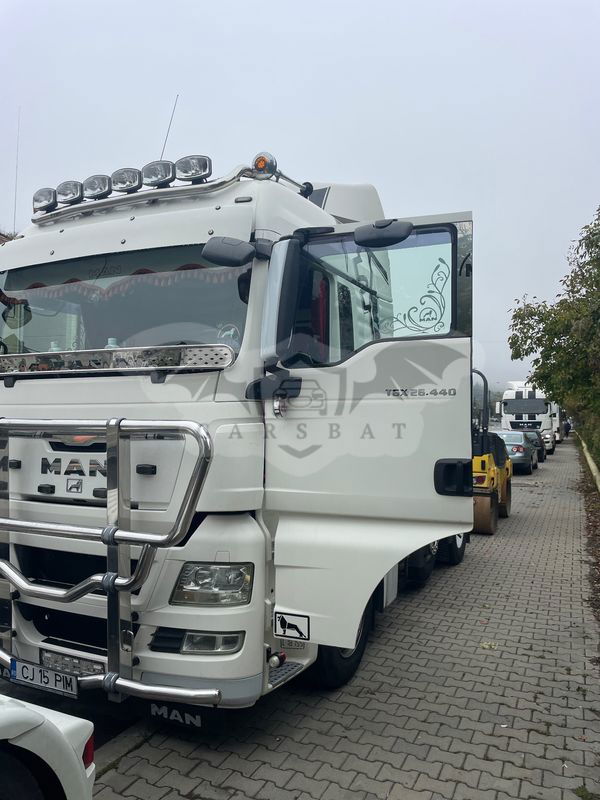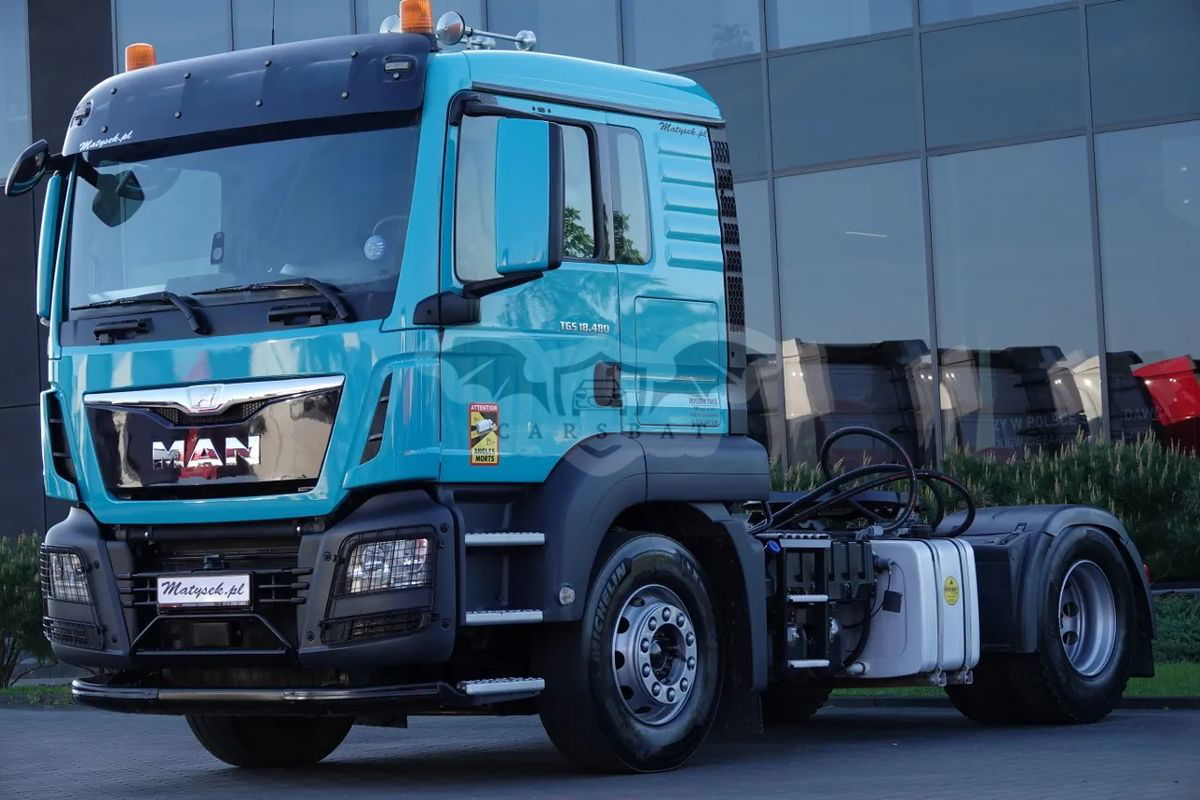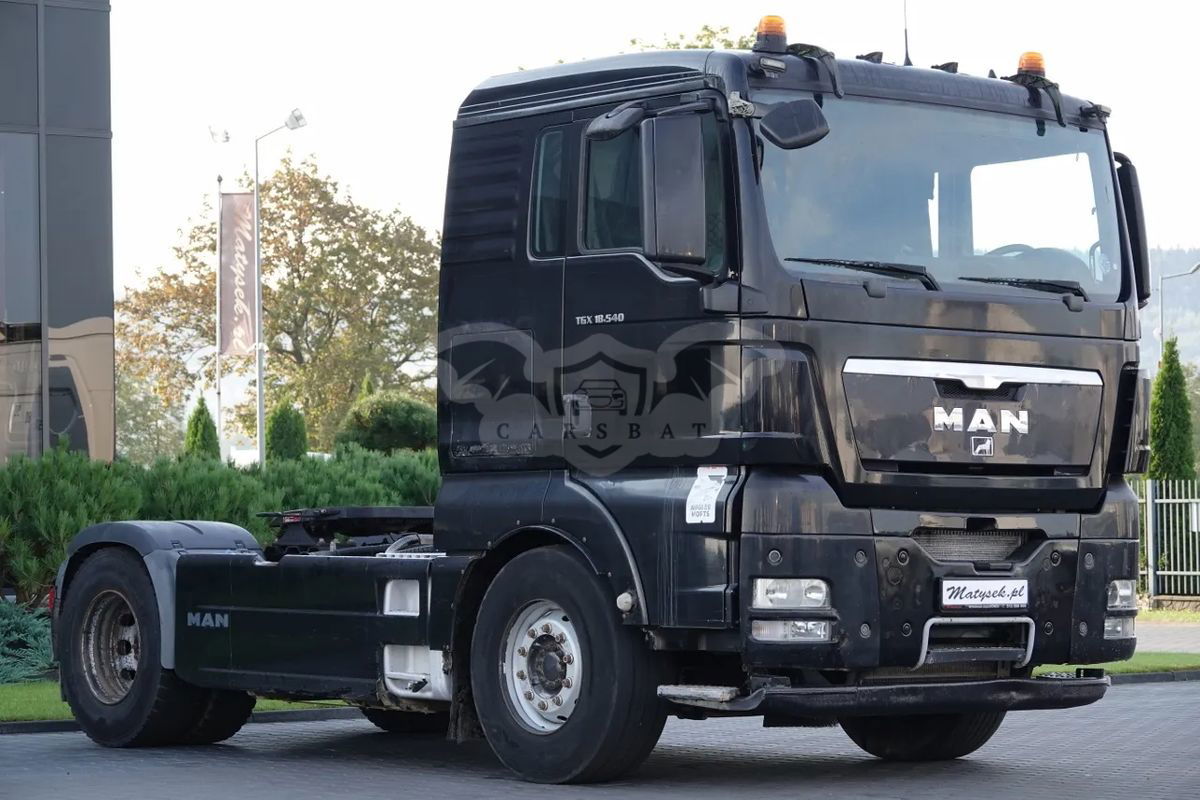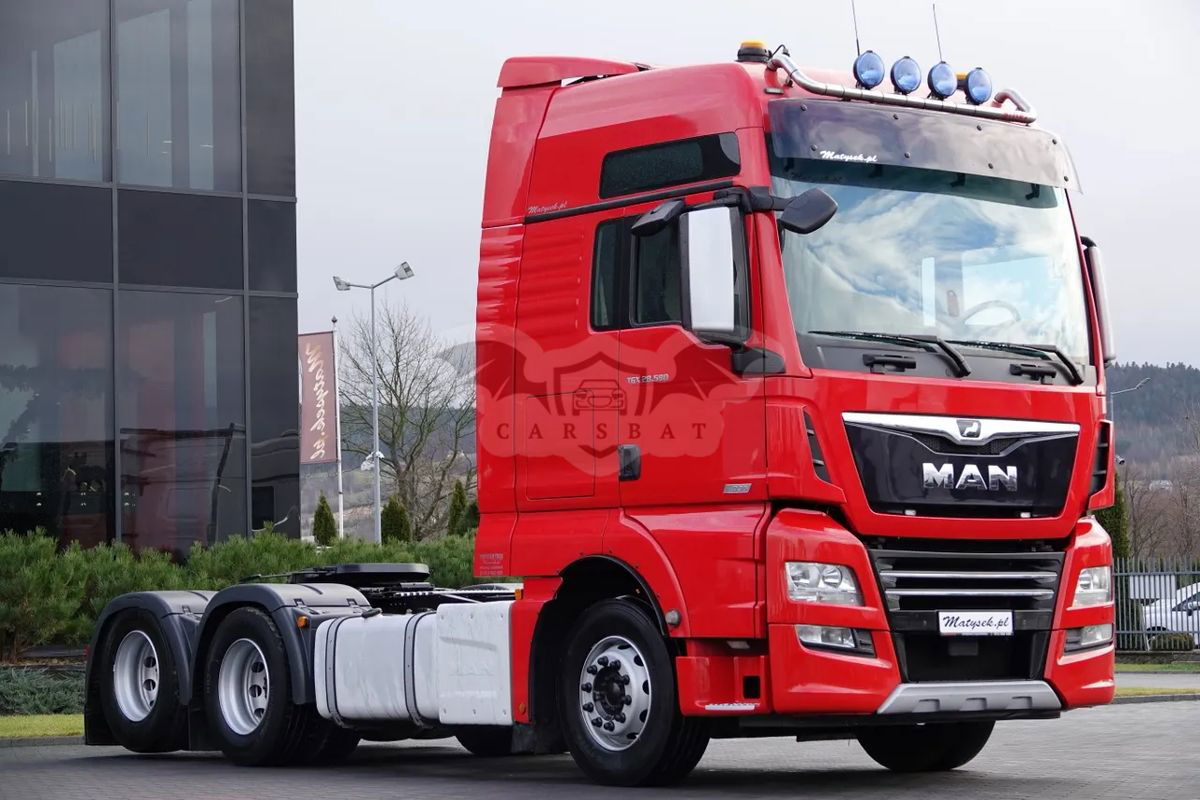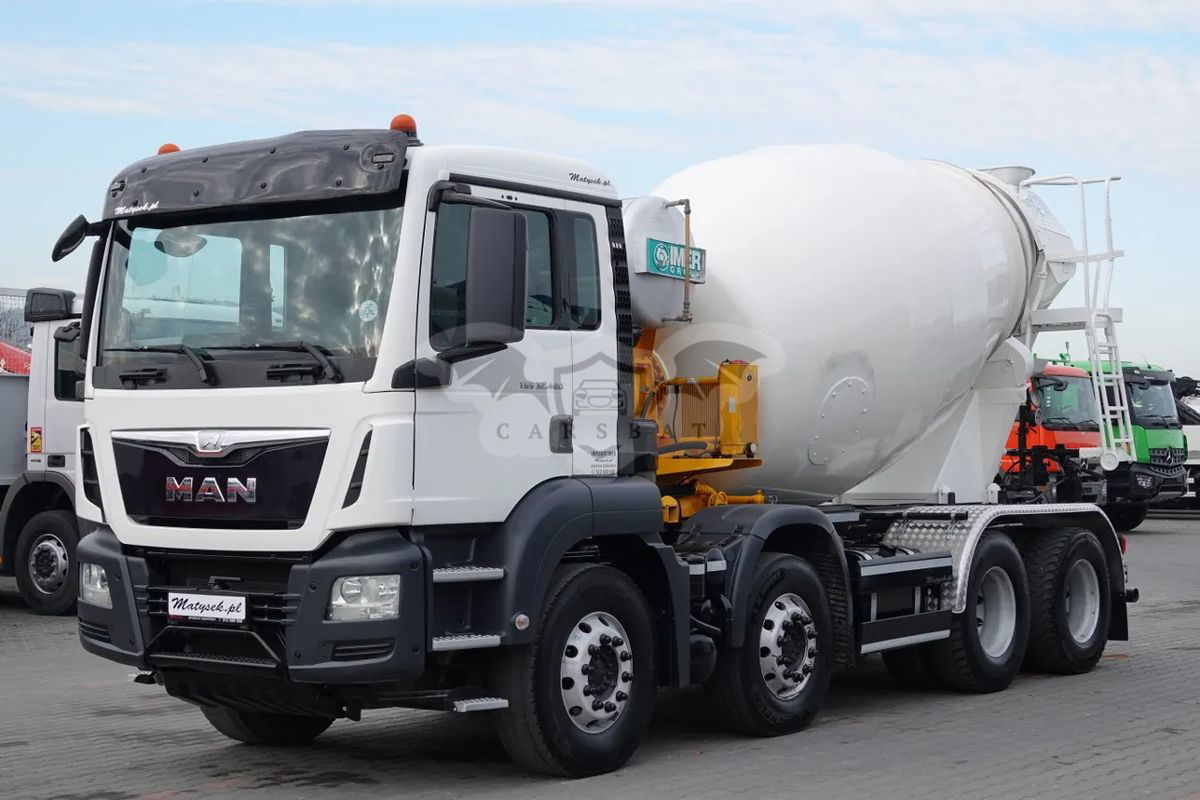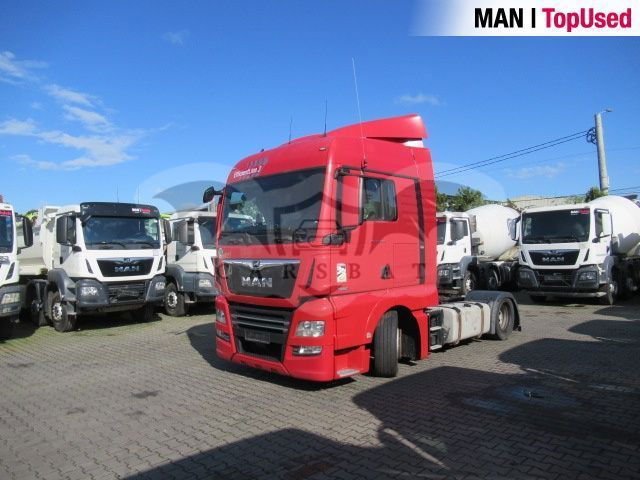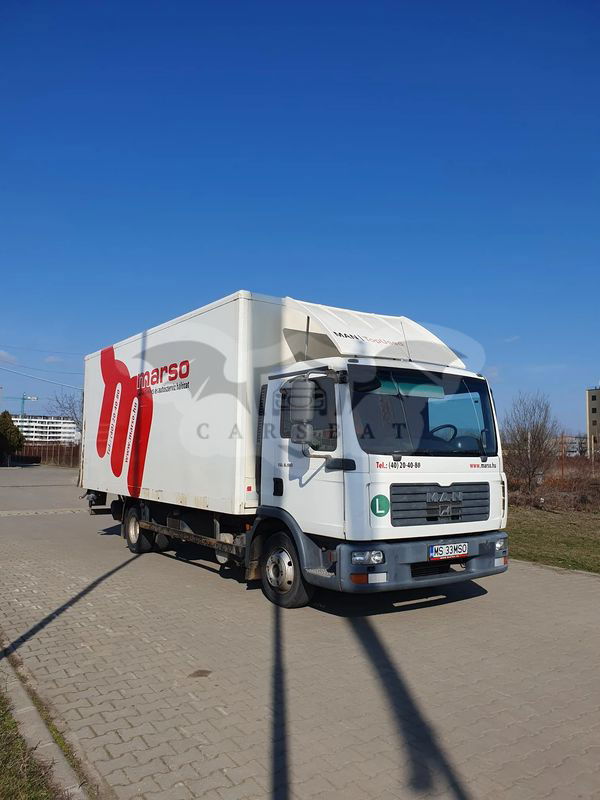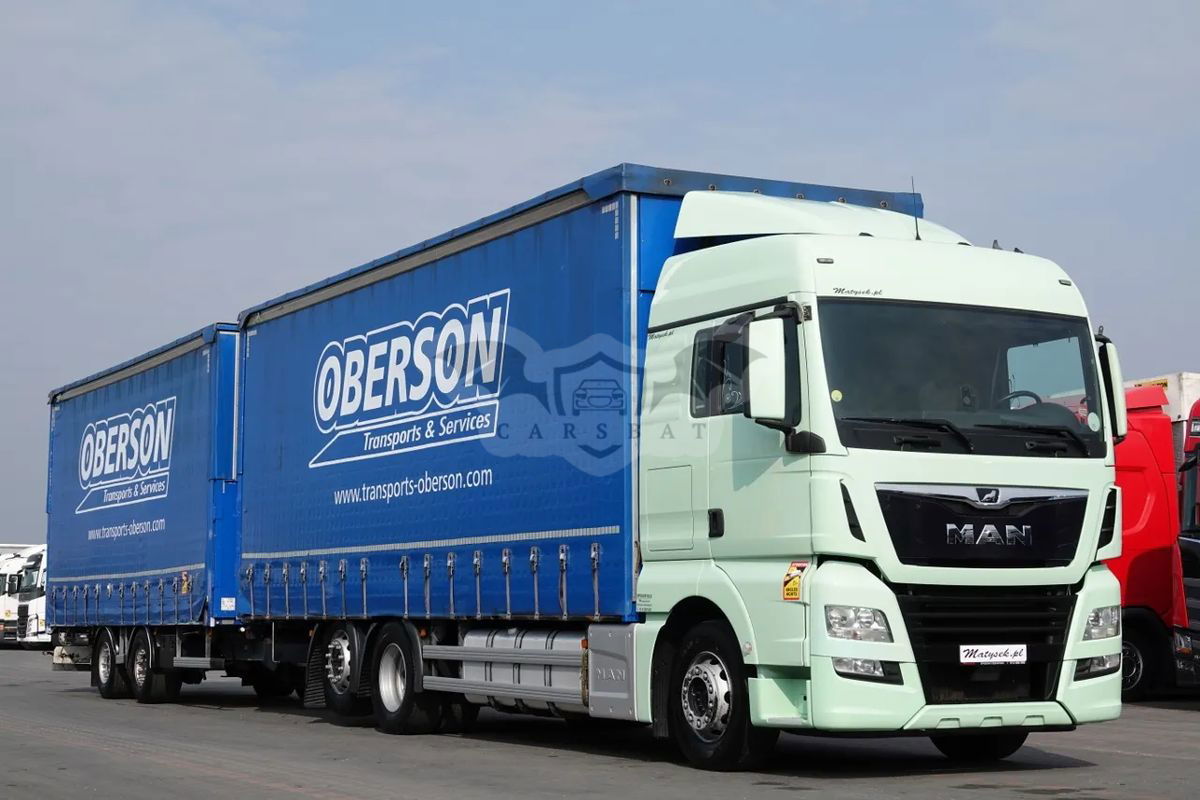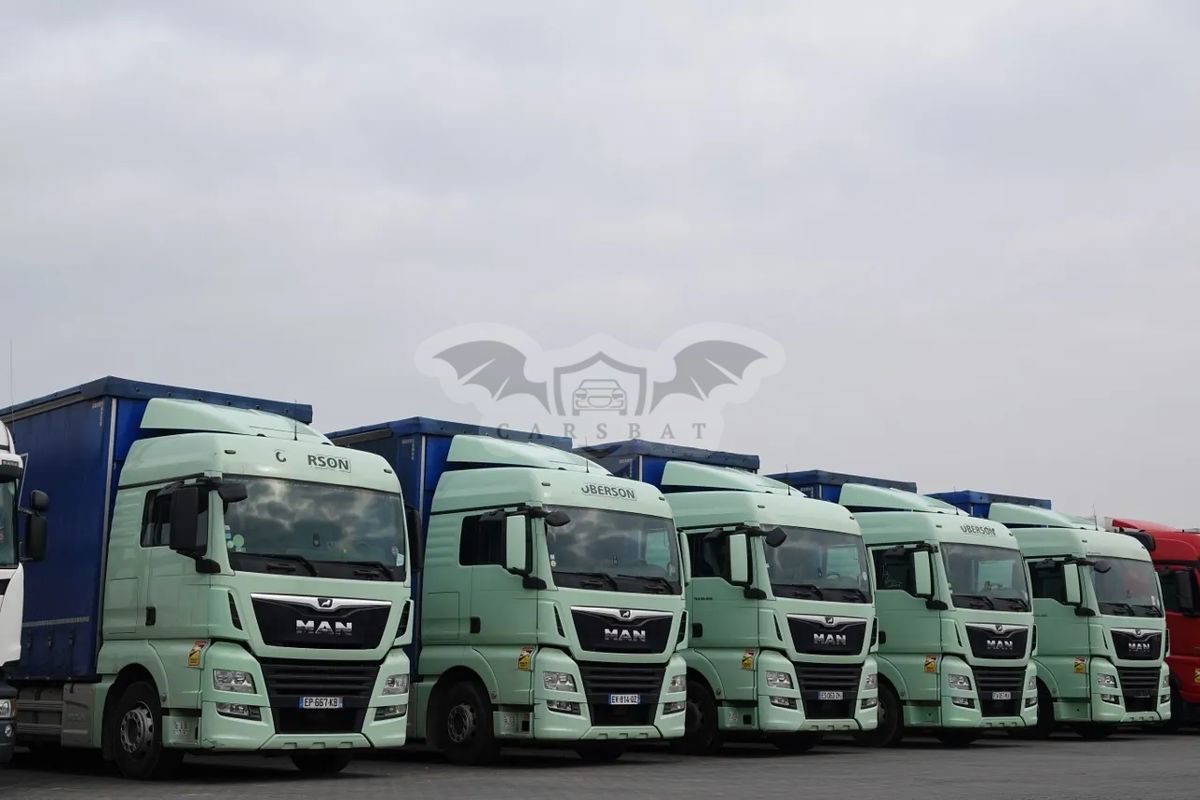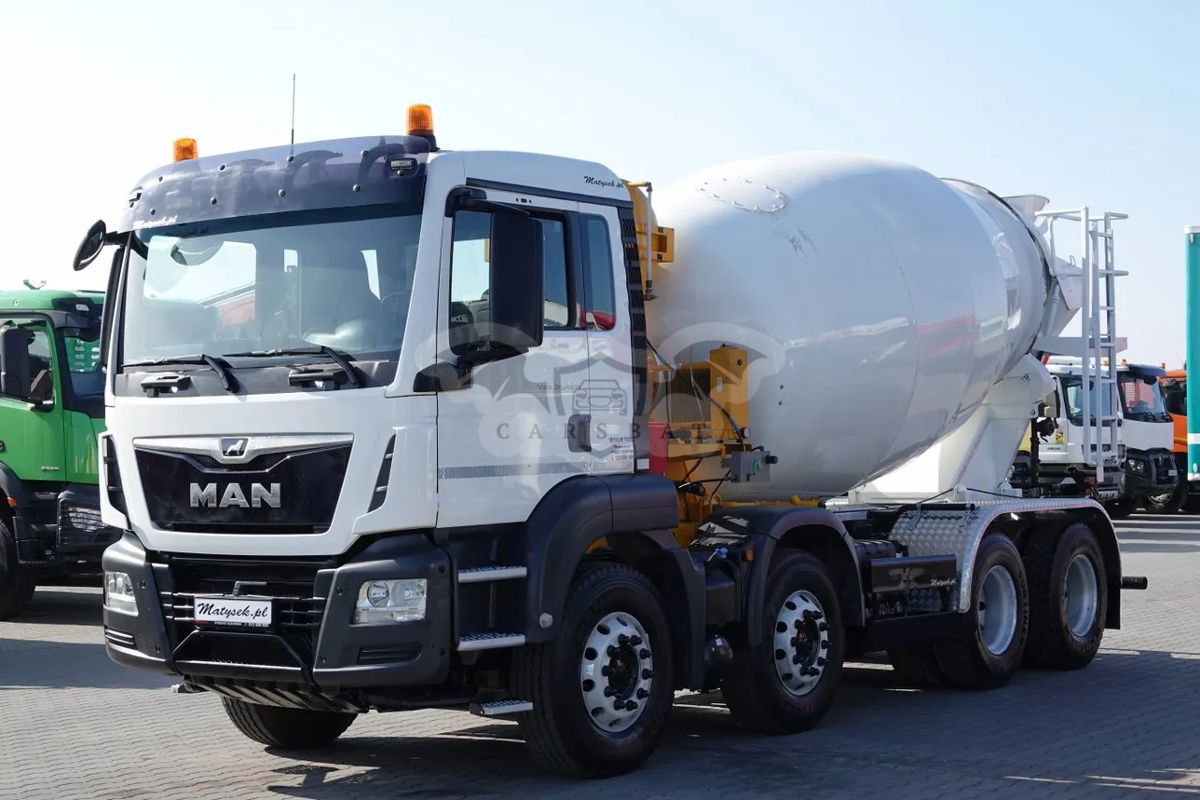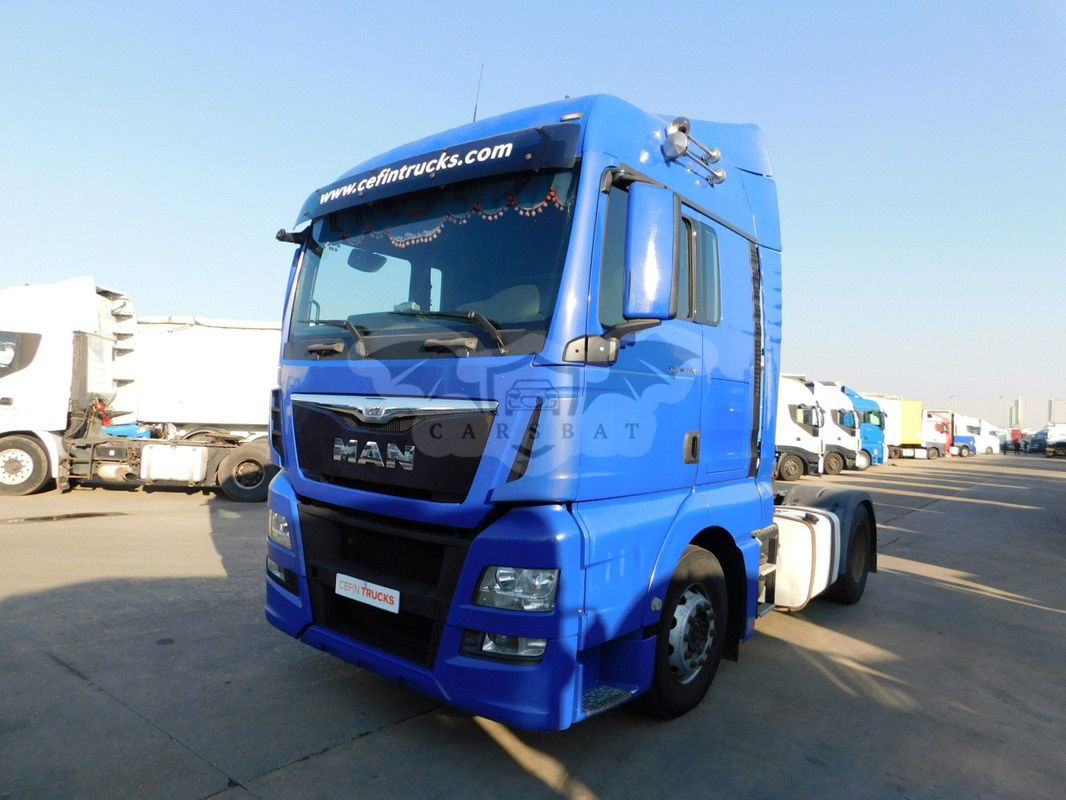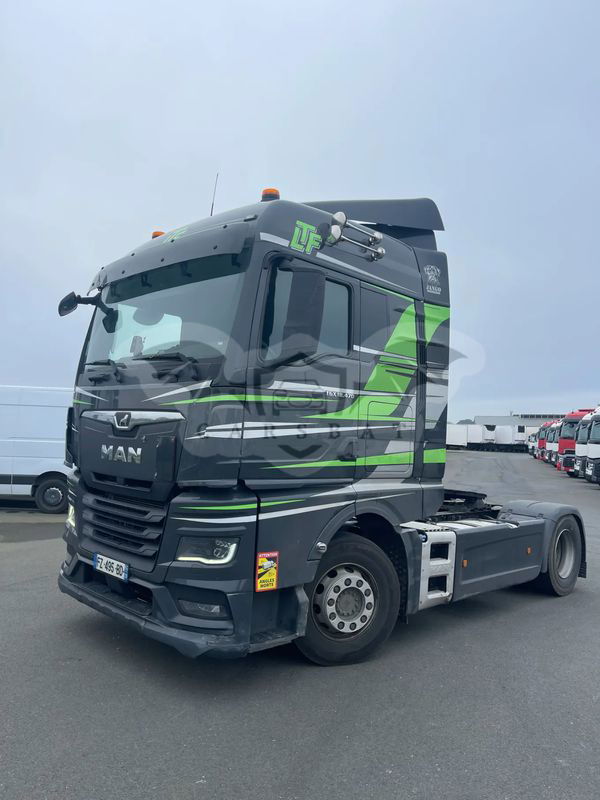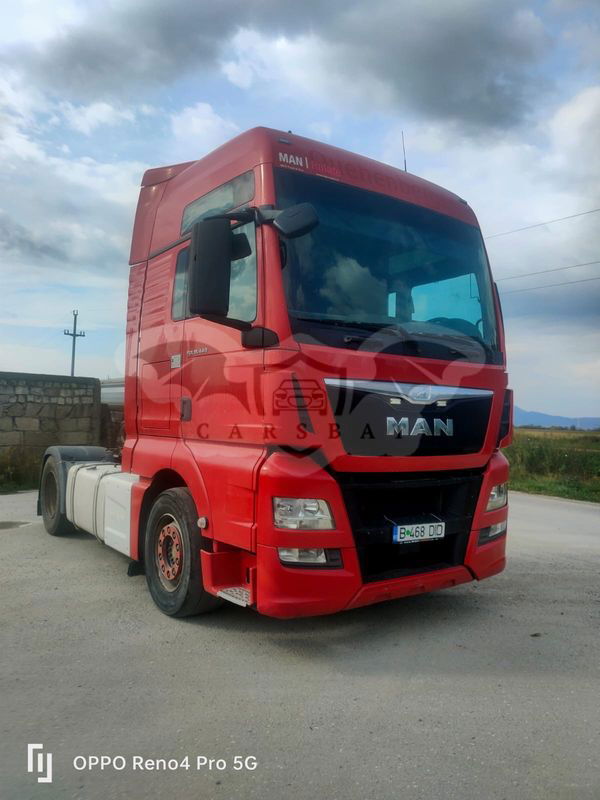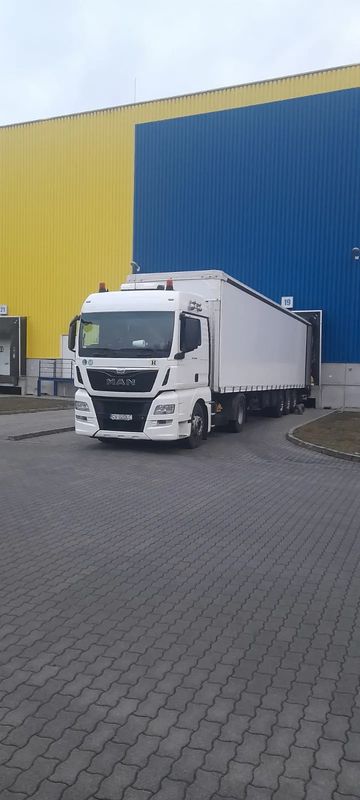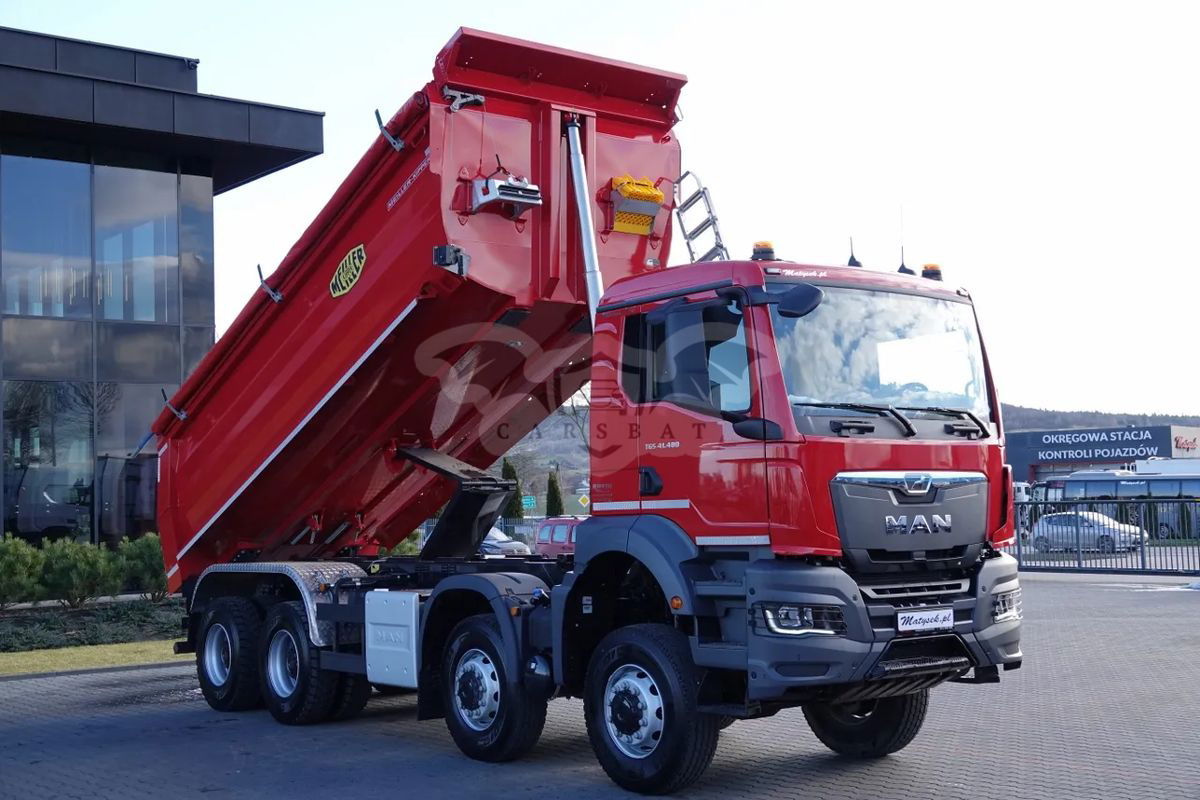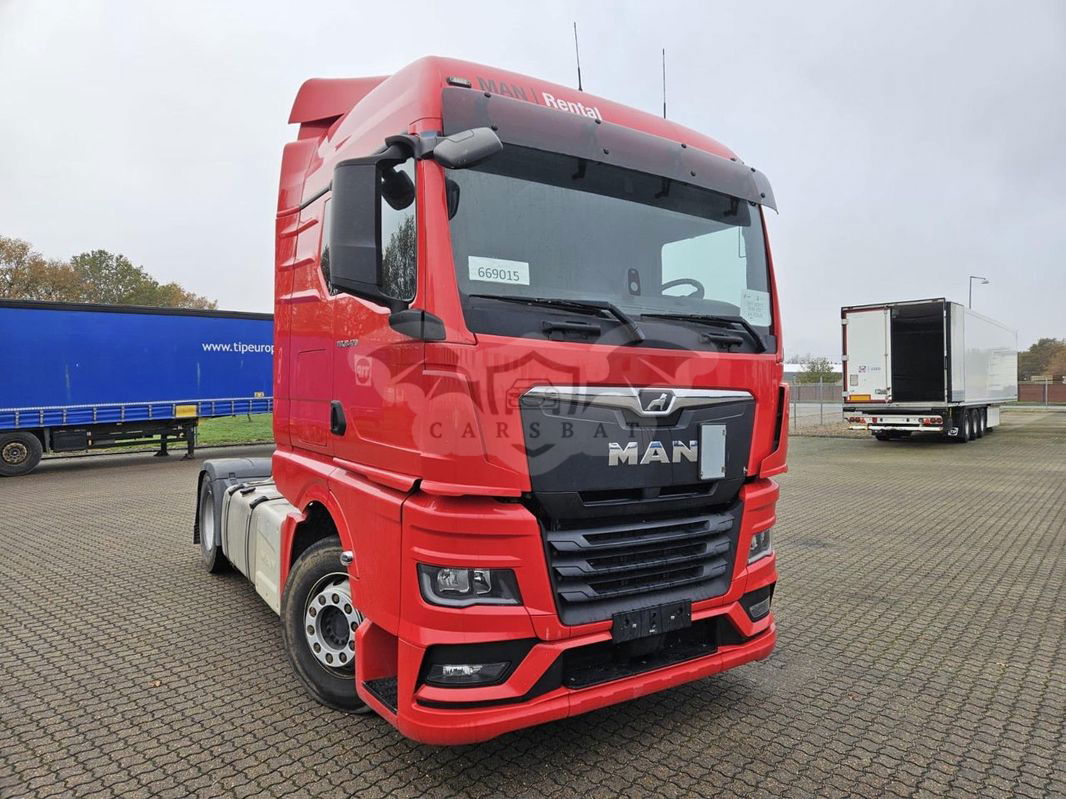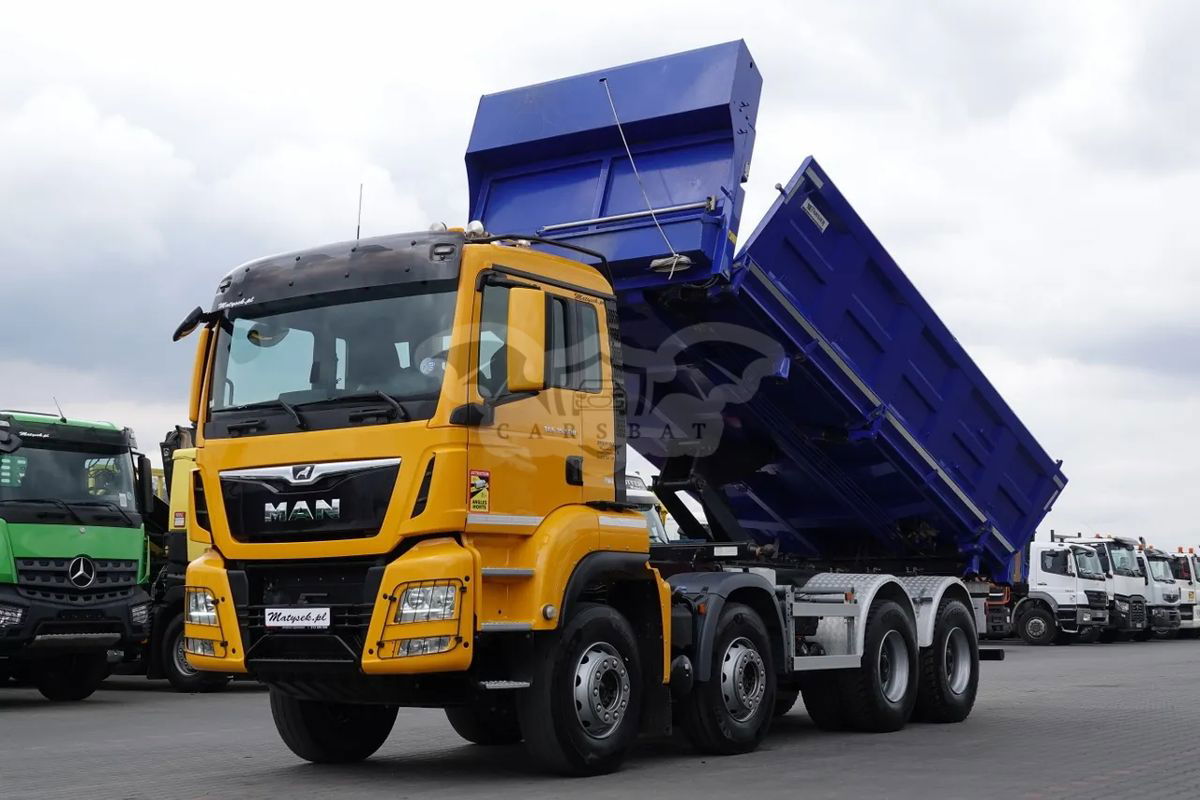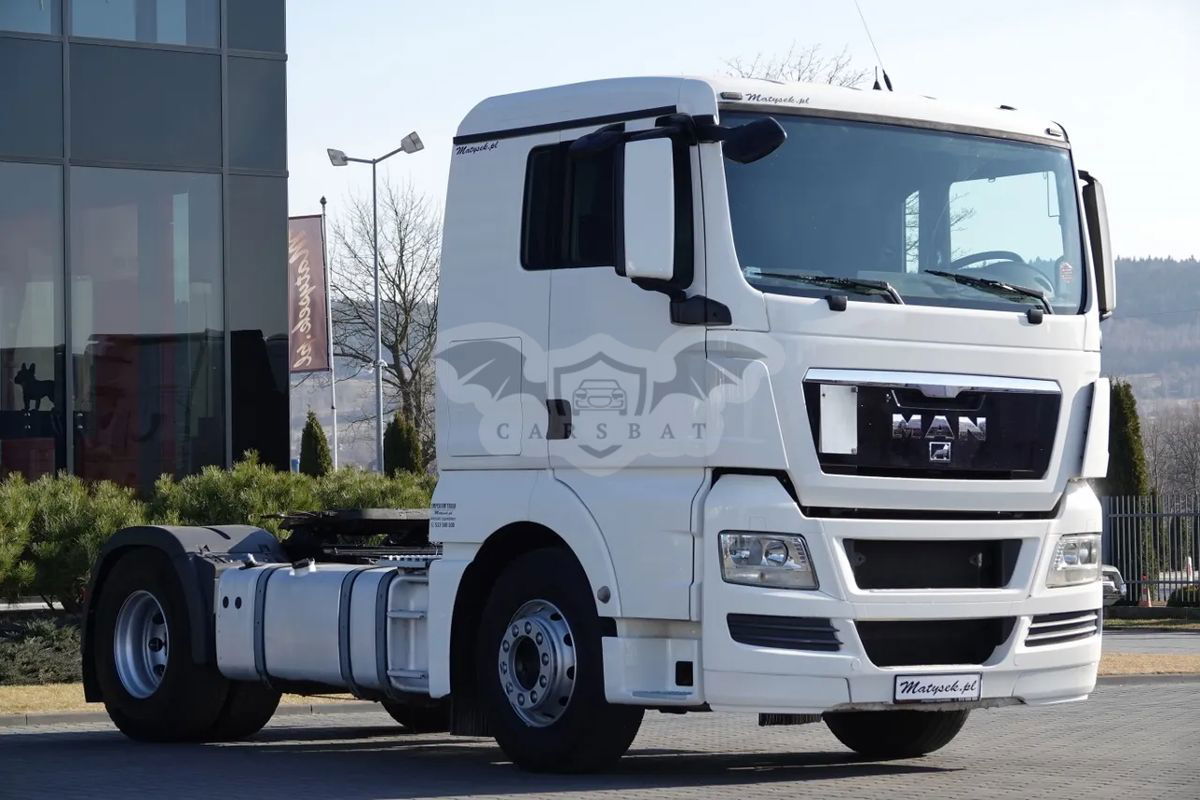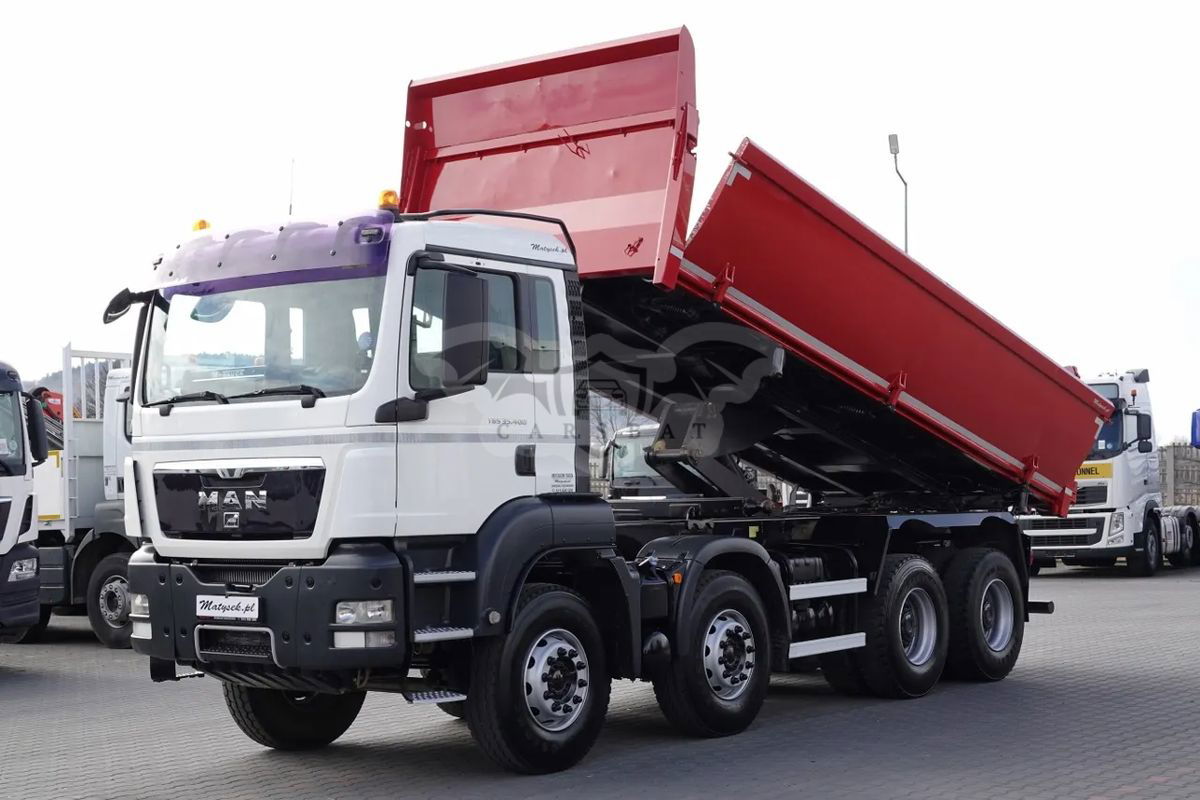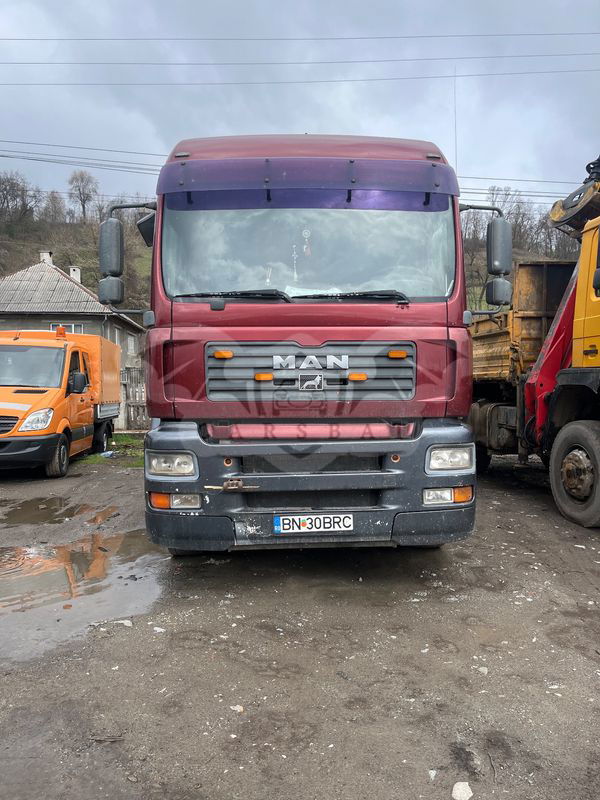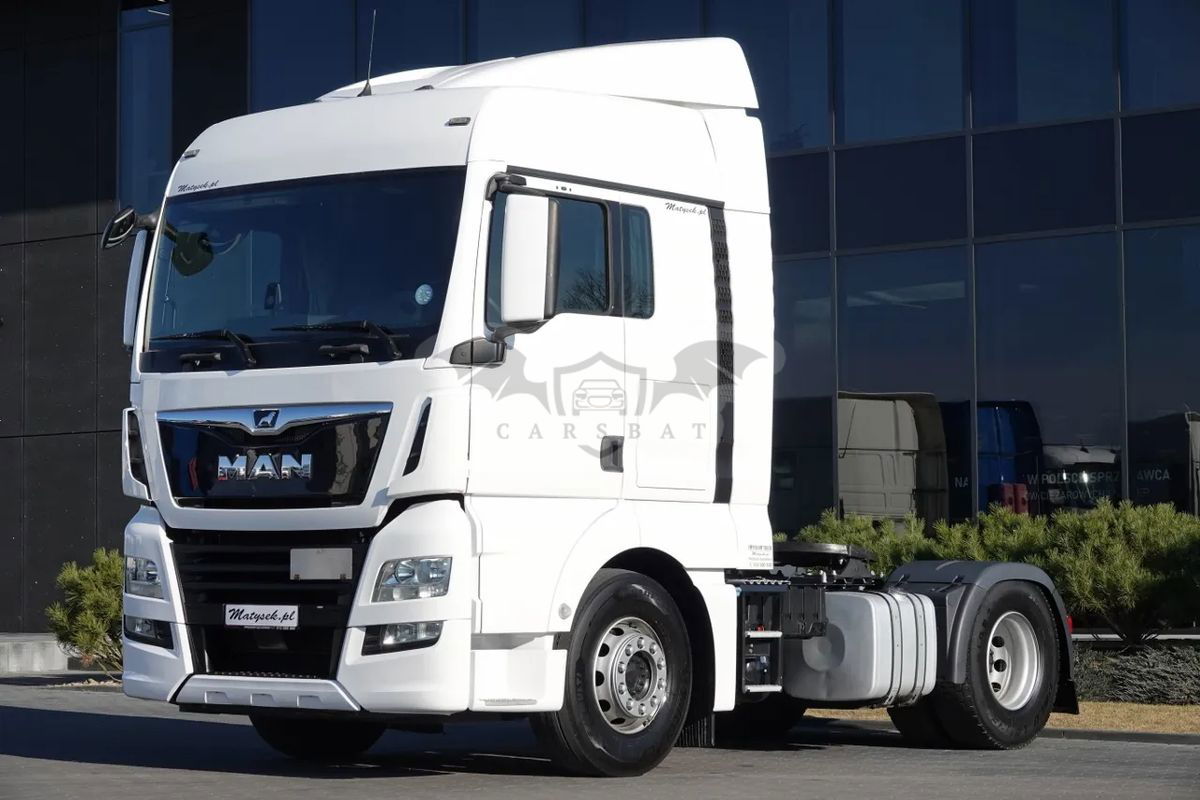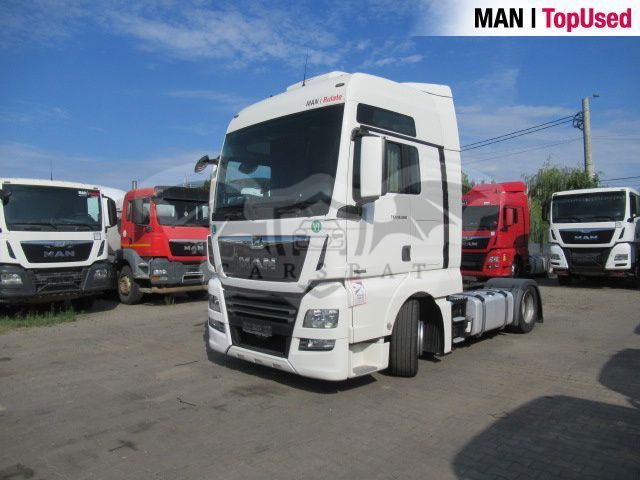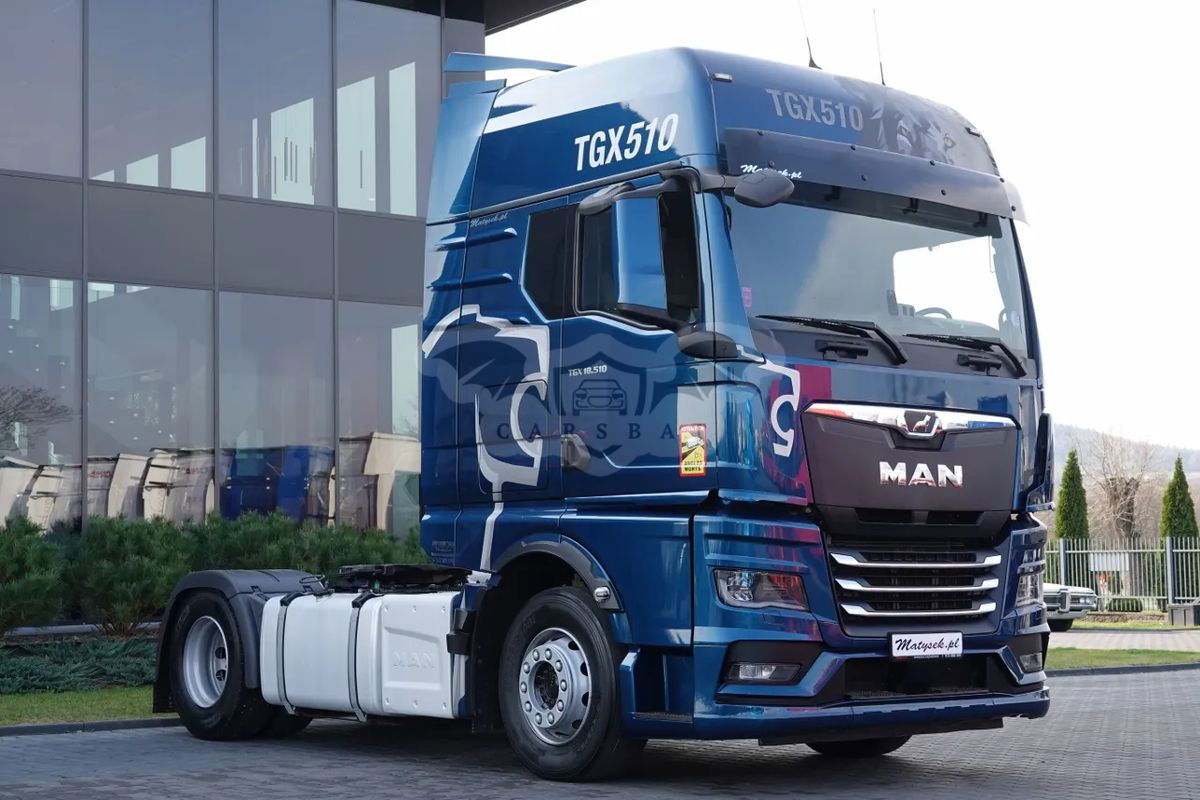
Catalog / MAN
MAN Truck & Bus: Driving Progress in Commercial Transportation
MAN Truck & Bus, a subsidiary of the Traton Group and part of the larger Volkswagen Group, stands as a titan in the European commercial vehicle industry. With roots tracing back to 1758 when the St. Antony ironworks was established in Oberhausen, MAN's journey through industrialization and technological advancement mirrors the evolution of European engineering excellence.
The company's pivotal moment came in 1893 when Rudolf Diesel and Maschinenfabrik Augsburg, a predecessor of MAN, developed the first diesel engine. This breakthrough laid the foundation for MAN's future as a leader in engine and vehicle manufacturing. By the early 20th century, MAN had begun producing its first trucks and buses, setting the stage for its dominance in the commercial vehicle sector.
Throughout the 20th century, MAN continued to innovate, introducing advancements in engine technology, vehicle design, and transportation solutions. The company's trucks became renowned for their reliability, efficiency, and performance, earning a reputation as workhorses of European industry and logistics.
MAN's bus division has been equally influential, with its vehicles becoming a common sight in urban and inter-city transport across Europe. The company has been at the forefront of developing safer, more comfortable, and increasingly efficient public transportation solutions.
In recent decades, MAN has been a pioneer in developing alternative drive systems for commercial vehicles. The company has invested heavily in electric, hybrid, and natural gas technologies, recognizing the need for more sustainable transport solutions. The MAN Lion's City E, an all-electric bus, and the MAN eTGM, an electric truck for urban distribution, exemplify the company's commitment to zero-emission mobility.
MAN's innovation extends beyond powertrain technology. The company has been a leader in developing advanced driver assistance systems, enhancing safety for both drivers and other road users. Features such as emergency brake assist, lane departure warnings, and adaptive cruise control have become standard on many MAN vehicles, setting new benchmarks for safety in the commercial vehicle sector.
The digital transformation of logistics has also been a key focus for MAN. The company has developed sophisticated telematics systems and fleet management solutions, helping operators to optimize their vehicle usage, reduce fuel consumption, and improve overall efficiency. MAN's DigitalServices platform offers a suite of digital tools that connect vehicles, drivers, and fleet managers, streamlining operations and reducing downtime.
MAN's global footprint extends far beyond its German origins. With production facilities across Europe and sales and service networks worldwide, MAN has established itself as a truly international brand. However, its European operations remain at the heart of its business, with a strong presence in key markets such as Germany, Austria, Poland, and Turkey.
In recent years, MAN has faced challenges, including increased competition, stricter emissions regulations, and the need to invest heavily in new technologies. The company has responded with a comprehensive restructuring program, focusing on streamlining operations, enhancing profitability, and accelerating its shift towards electrification and digital services.
Looking to the future, MAN is positioning itself at the forefront of the transition to sustainable and connected commercial transportation. The company is investing heavily in electric and hydrogen technologies, recognizing that the future of long-haul transport may lie in fuel cell technology. At the same time, MAN is exploring autonomous driving technologies, with pilot projects already underway for hub-to-hub autonomous trucks.
MAN's commitment to sustainability extends beyond its products. The company is working to make its production facilities more environmentally friendly, aiming for carbon-neutral production. This holistic approach to sustainability reflects MAN's understanding of its responsibility as a major industrial player.
As the commercial vehicle industry stands on the brink of a technological revolution, MAN Truck & Bus is well-positioned to lead the charge. With its rich history of innovation, strong engineering capabilities, and clear vision for the future, MAN continues to shape the way goods and people move across Europe and beyond. The road ahead may be challenging, but MAN's legacy of adapting to and driving change suggests that it will remain a key player in the evolving landscape of commercial transportation.

